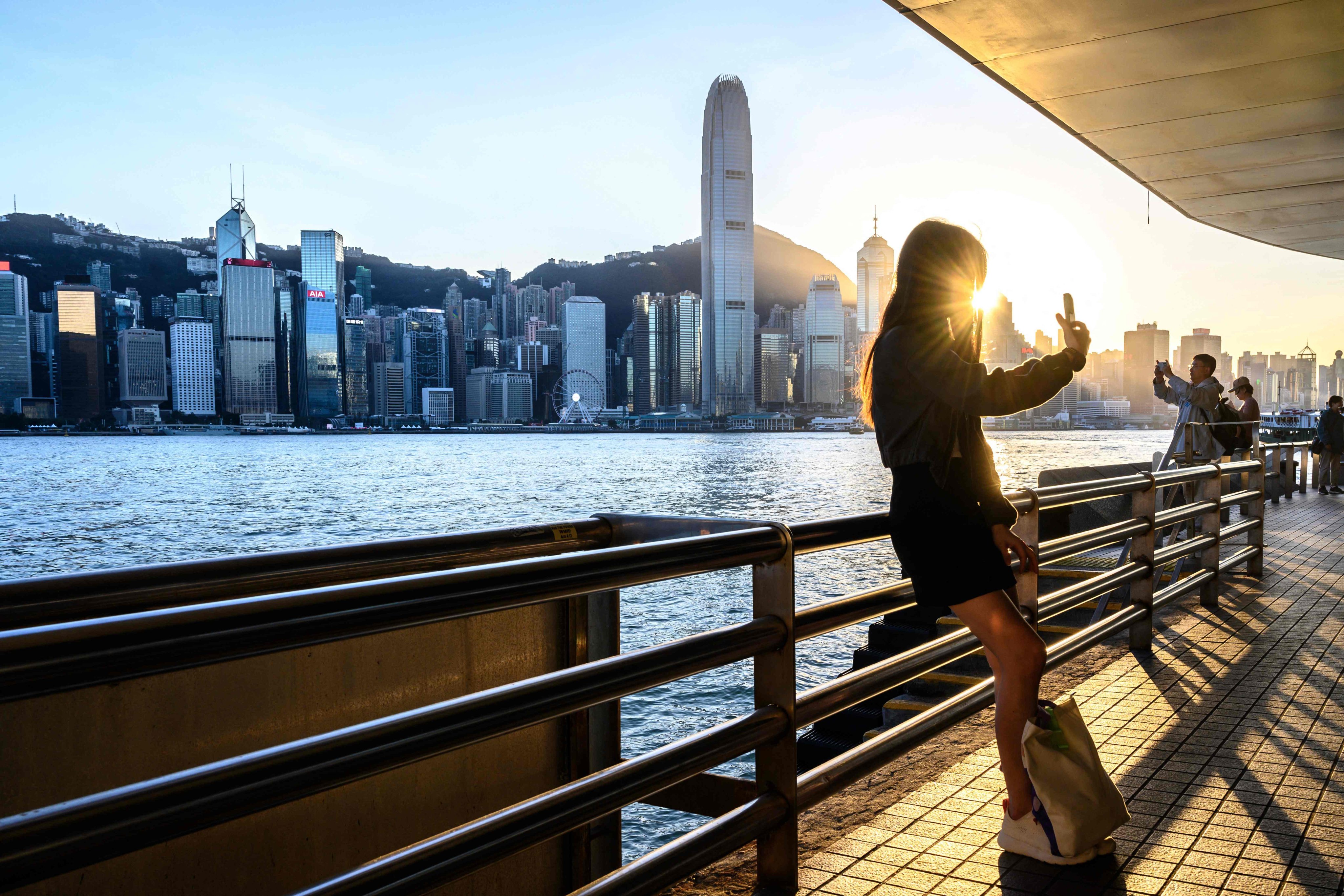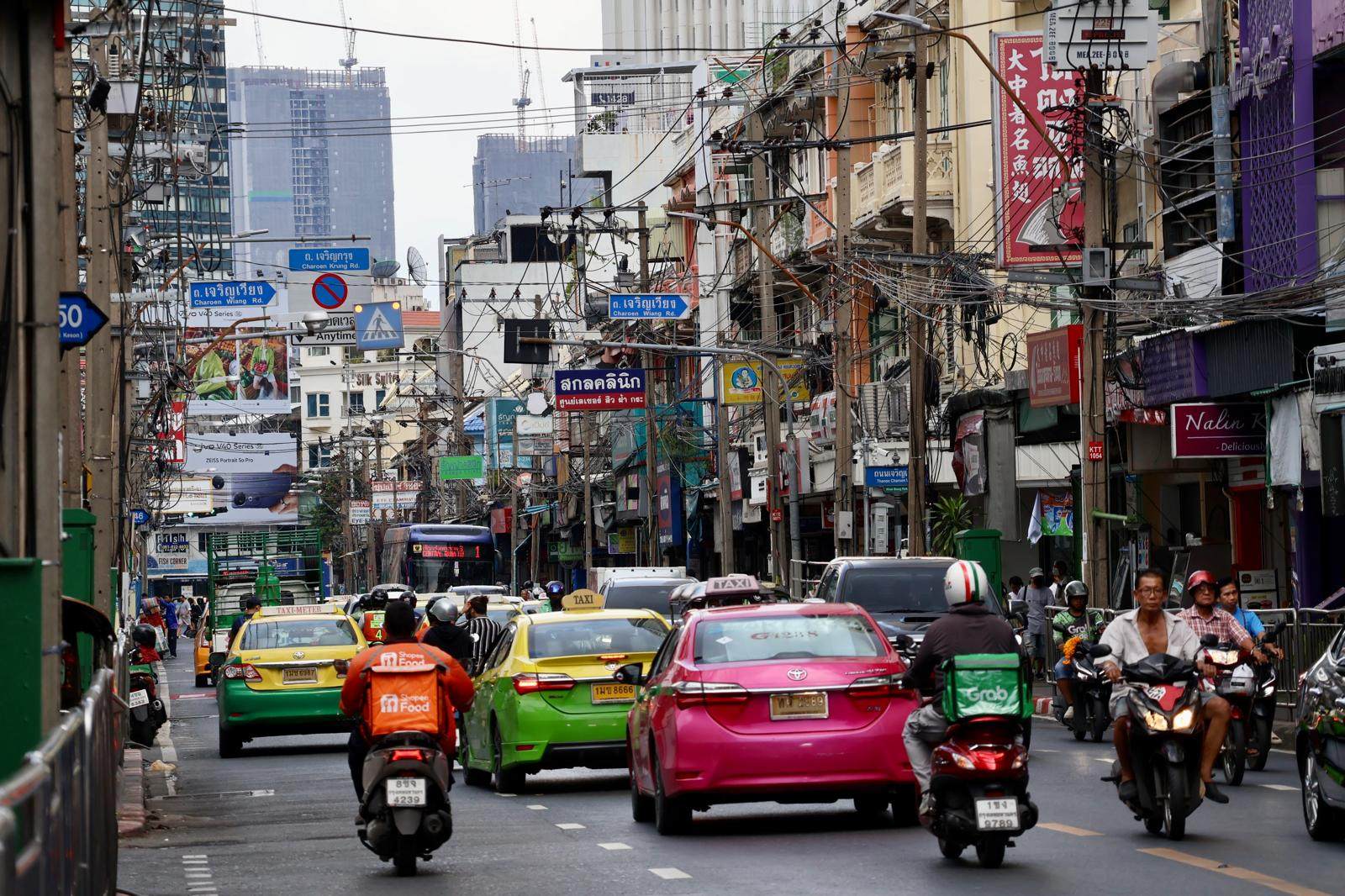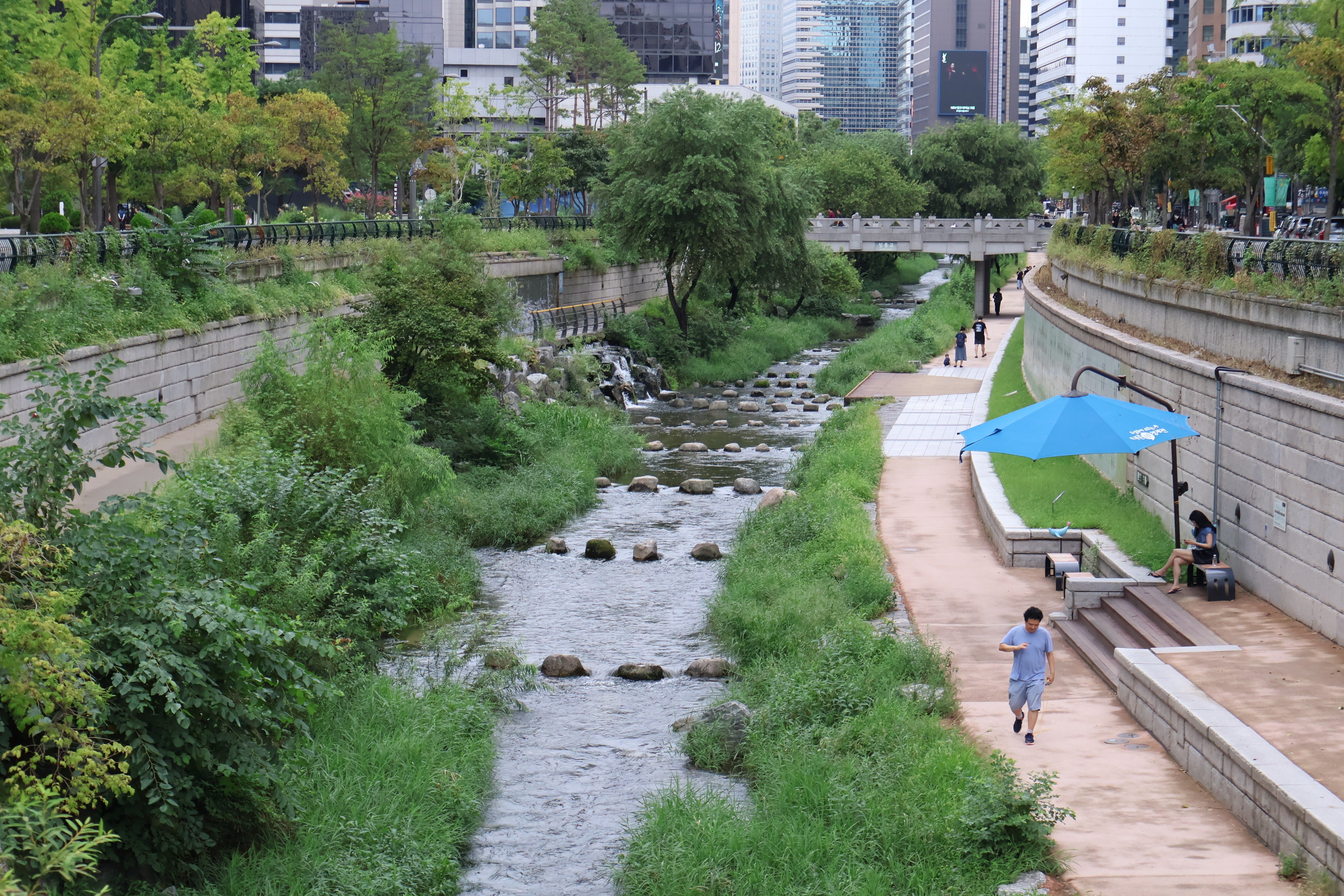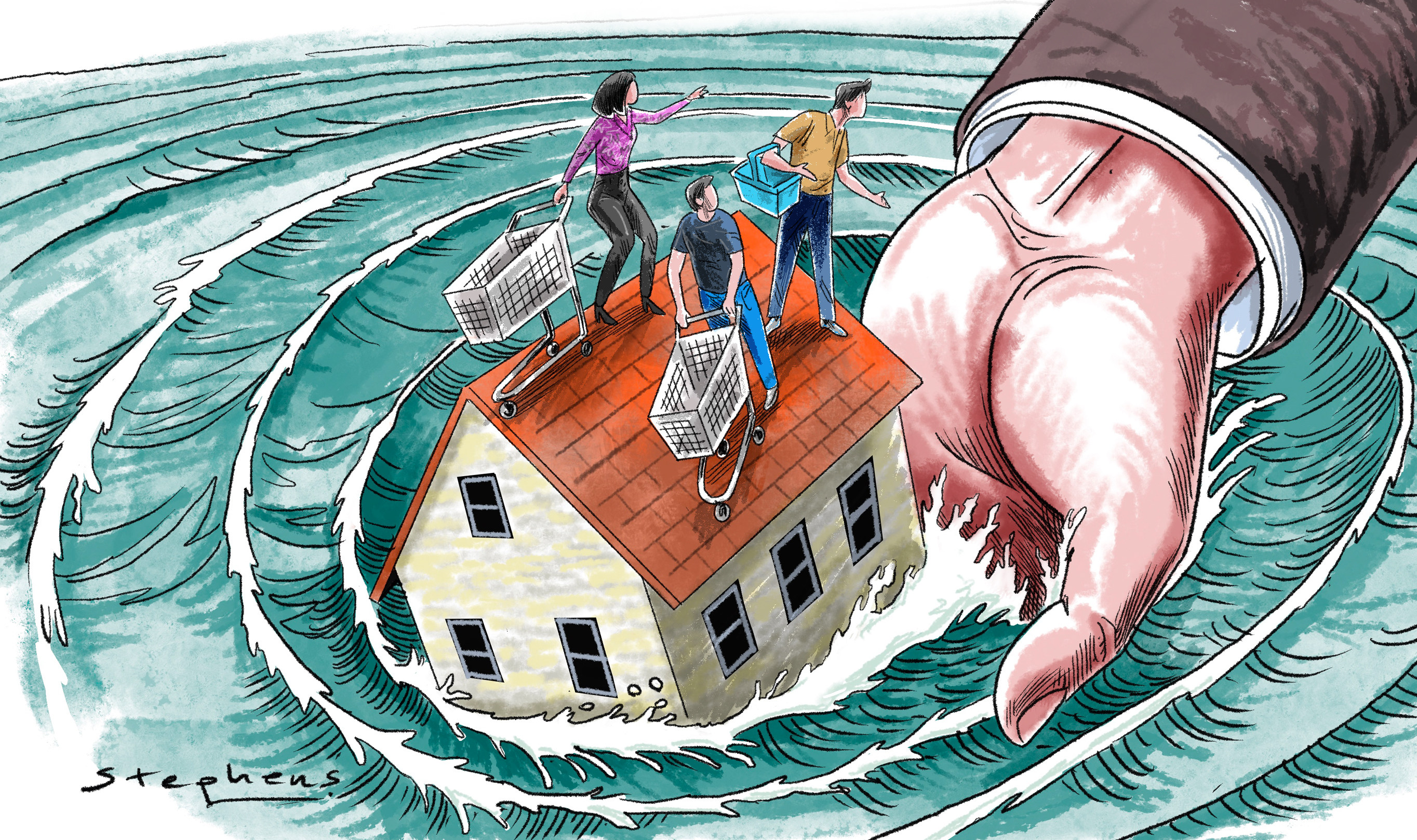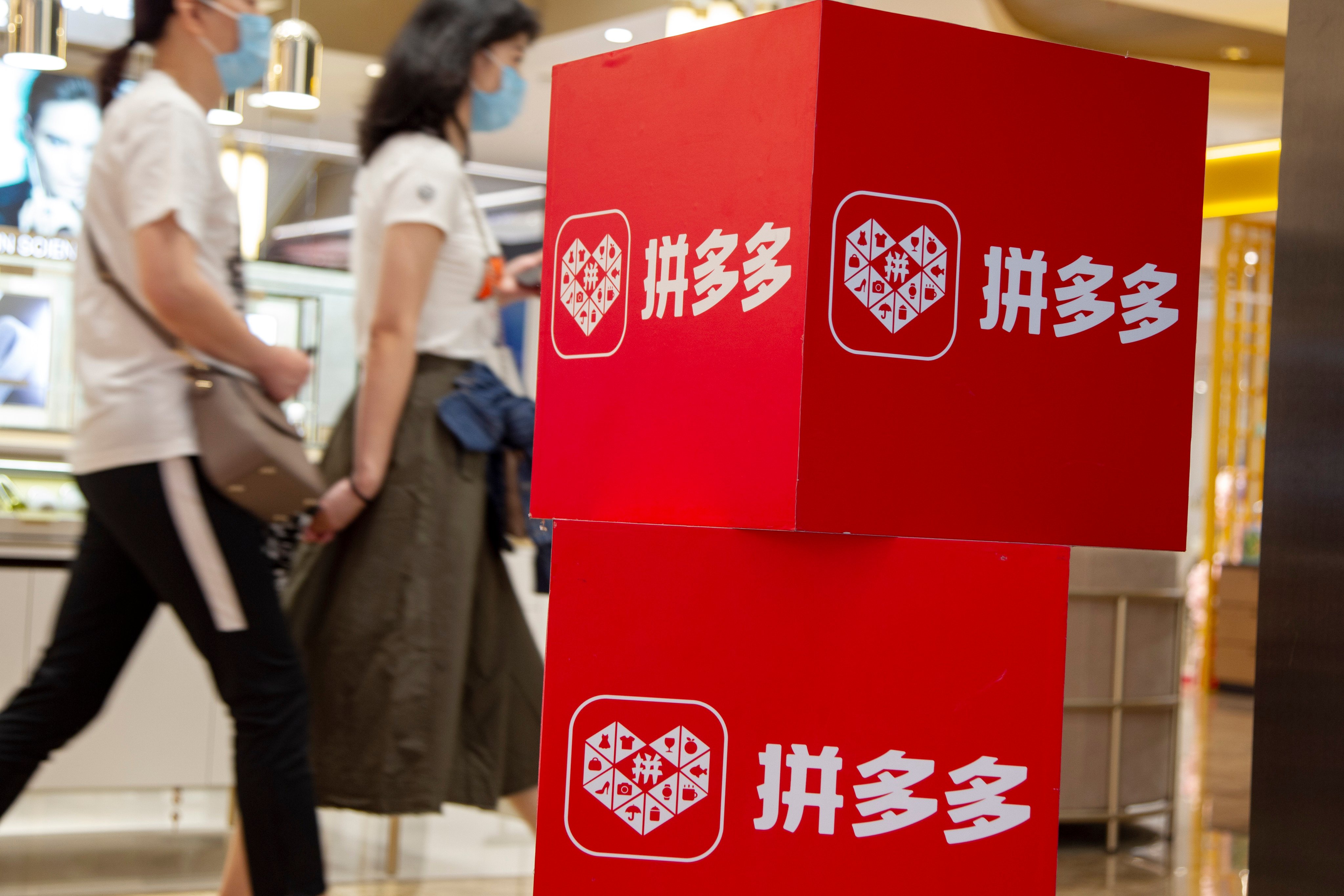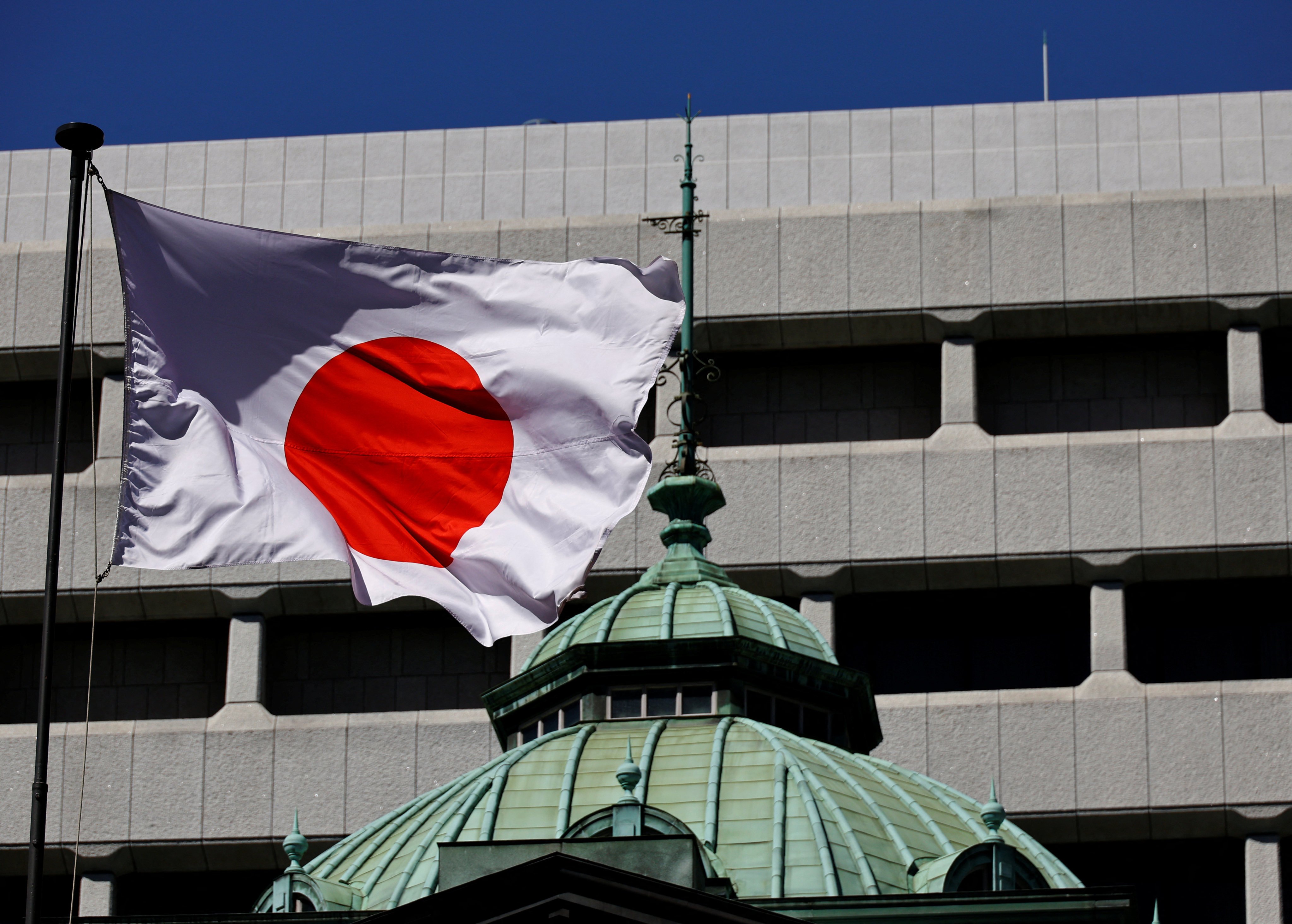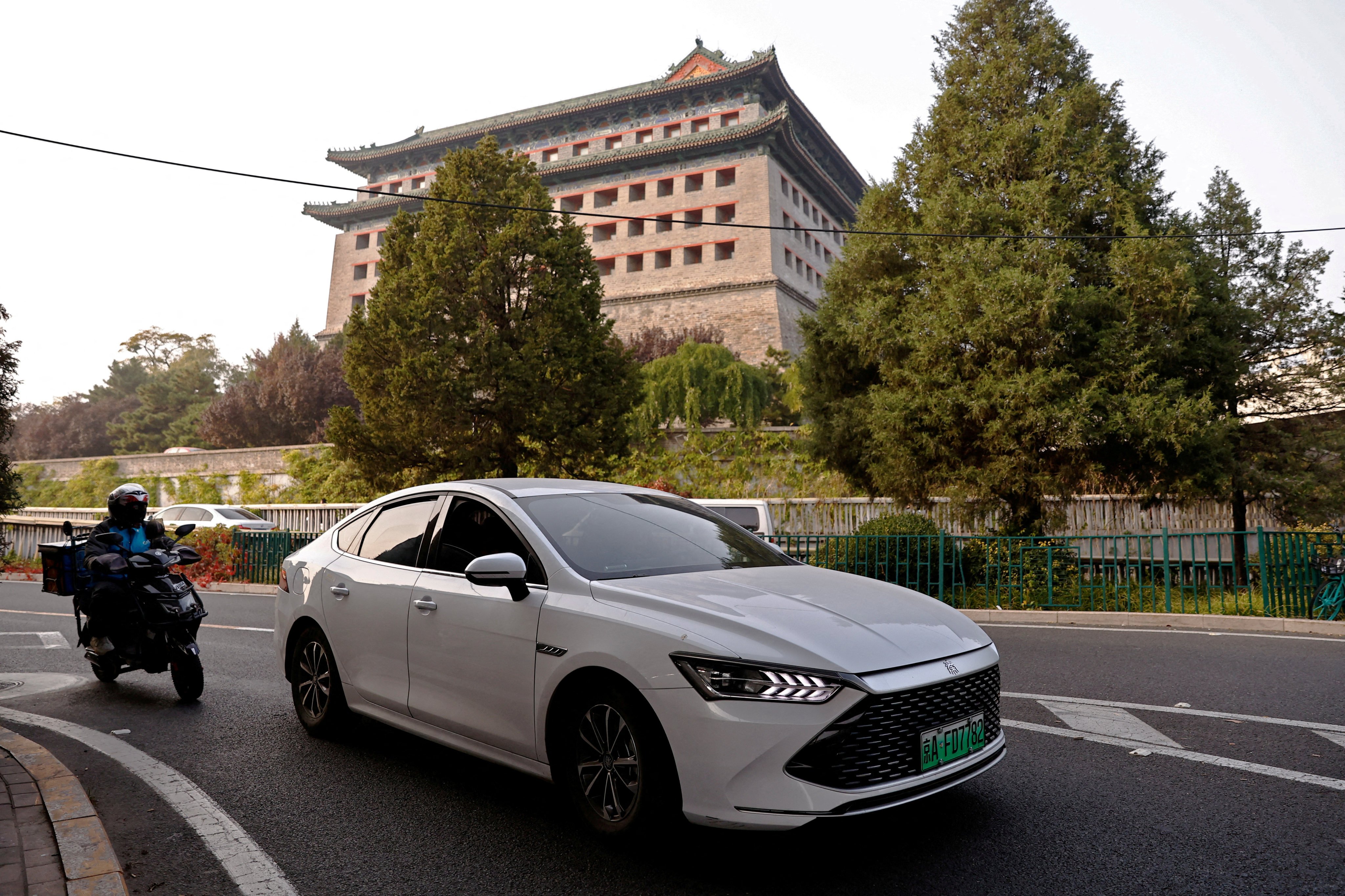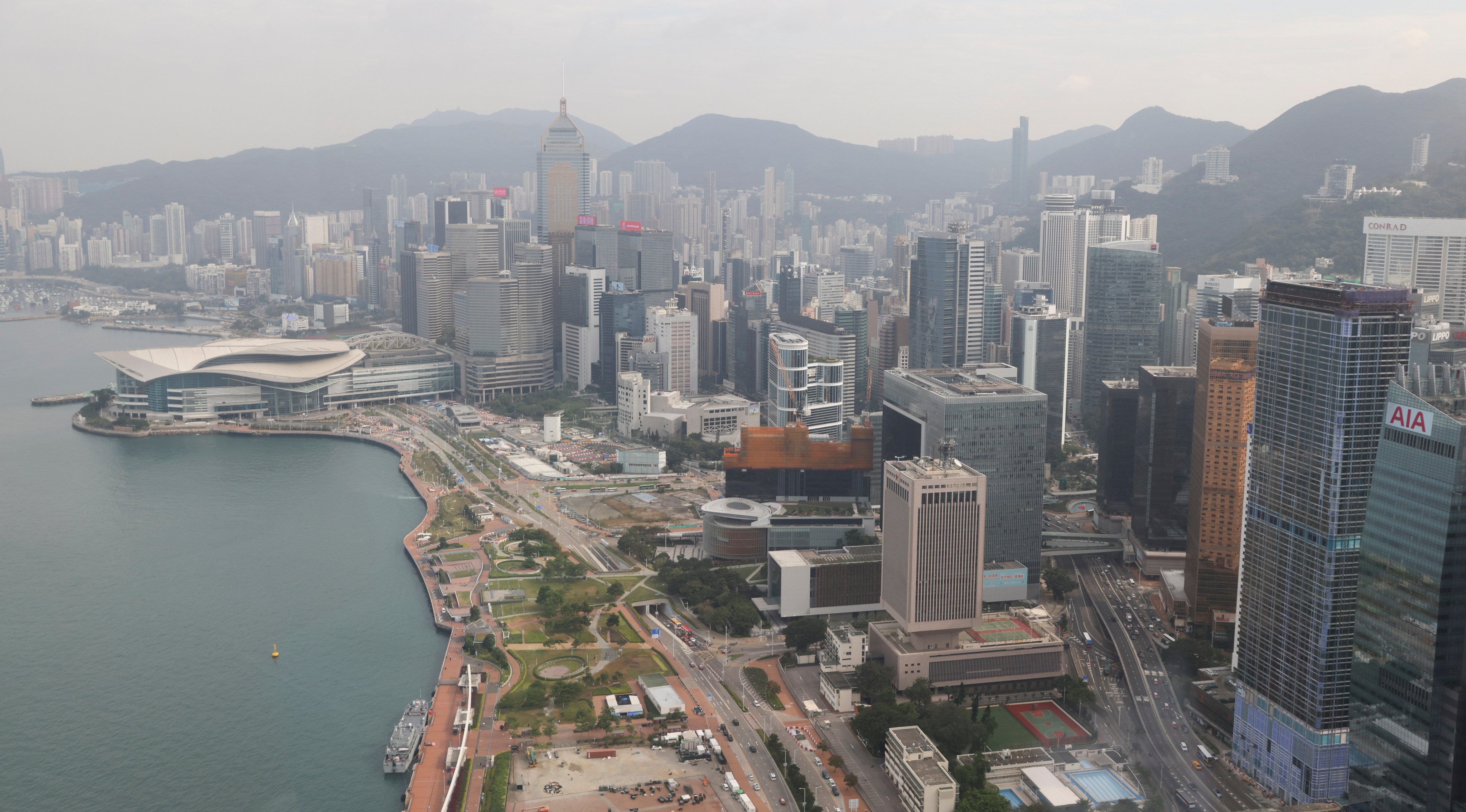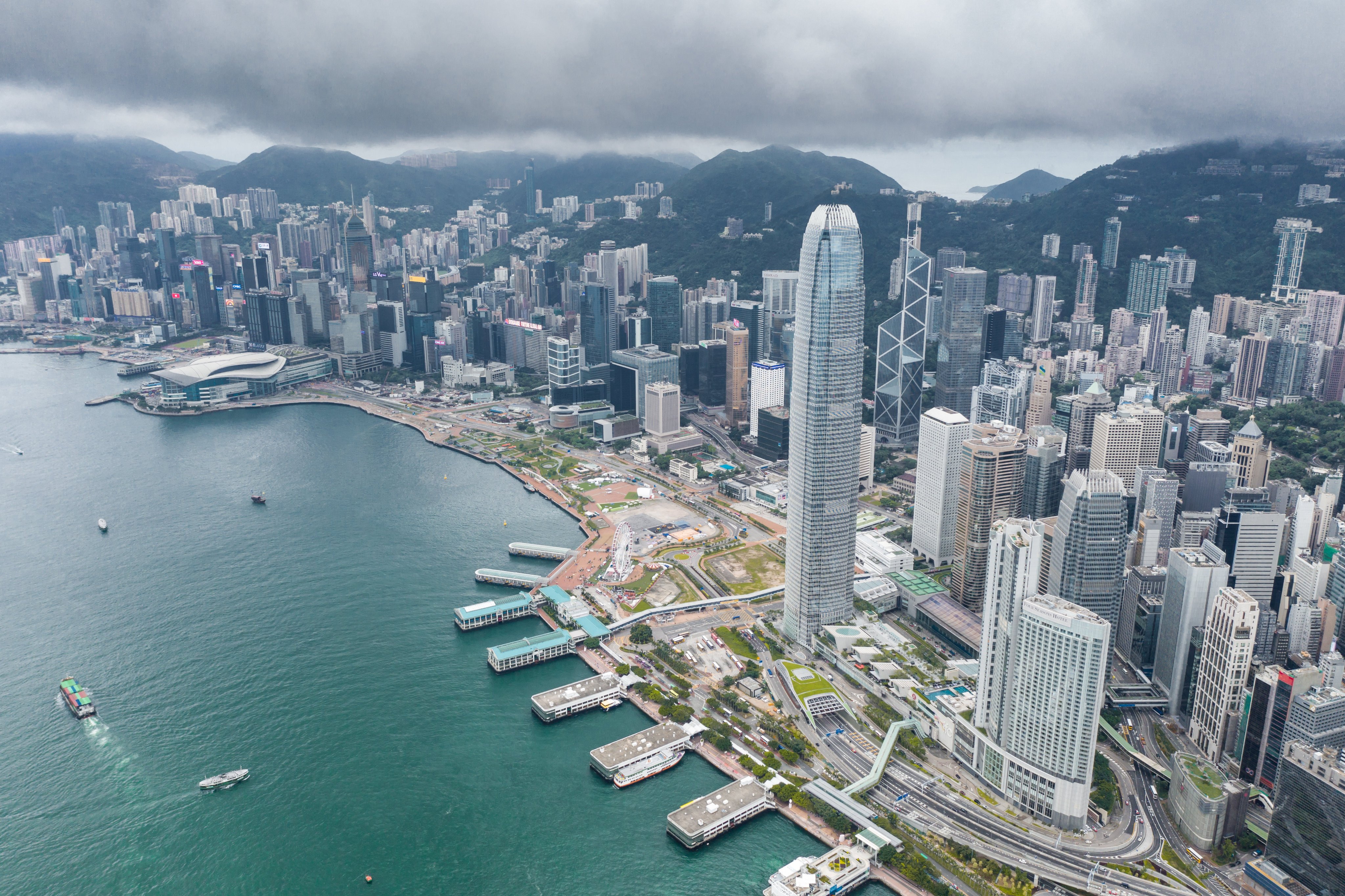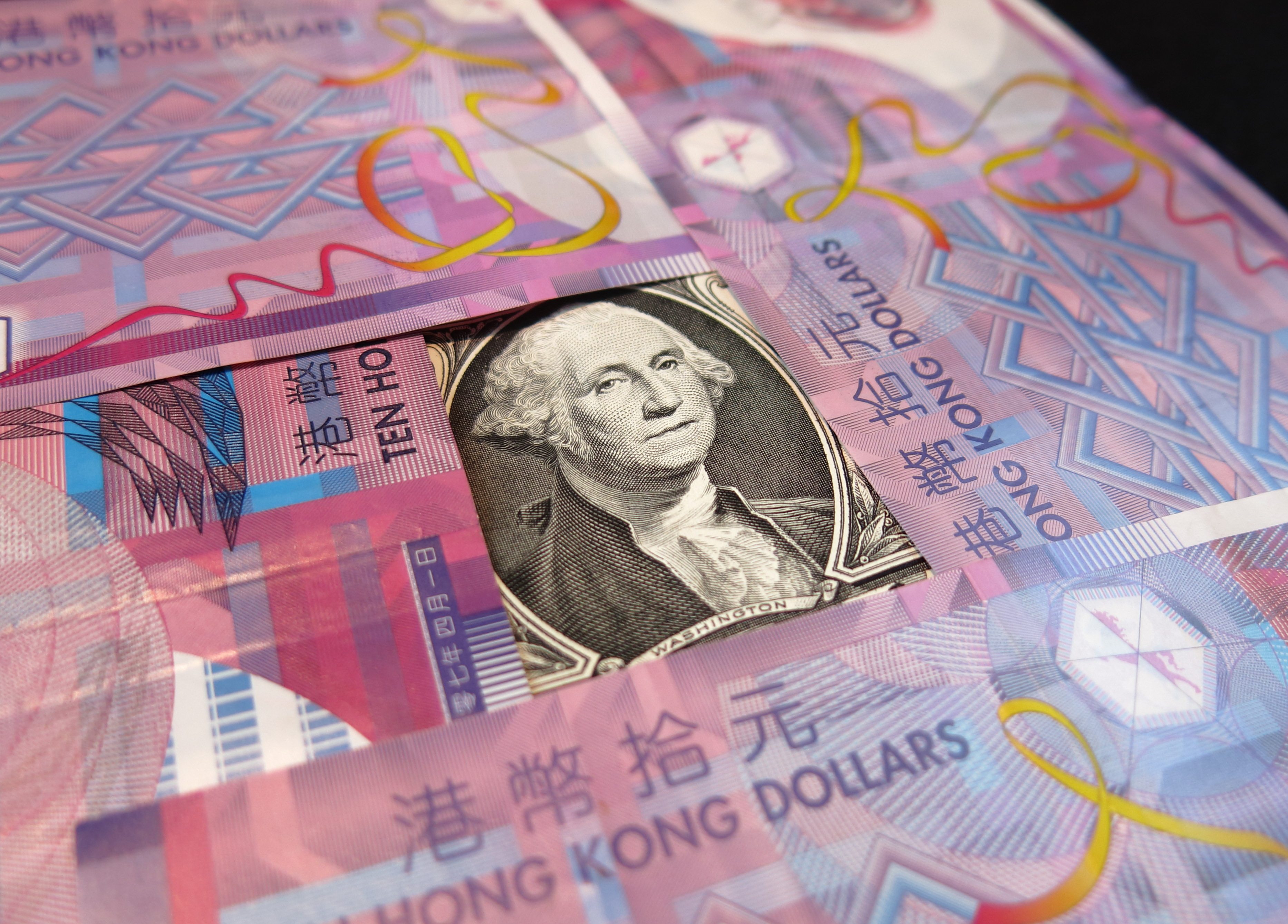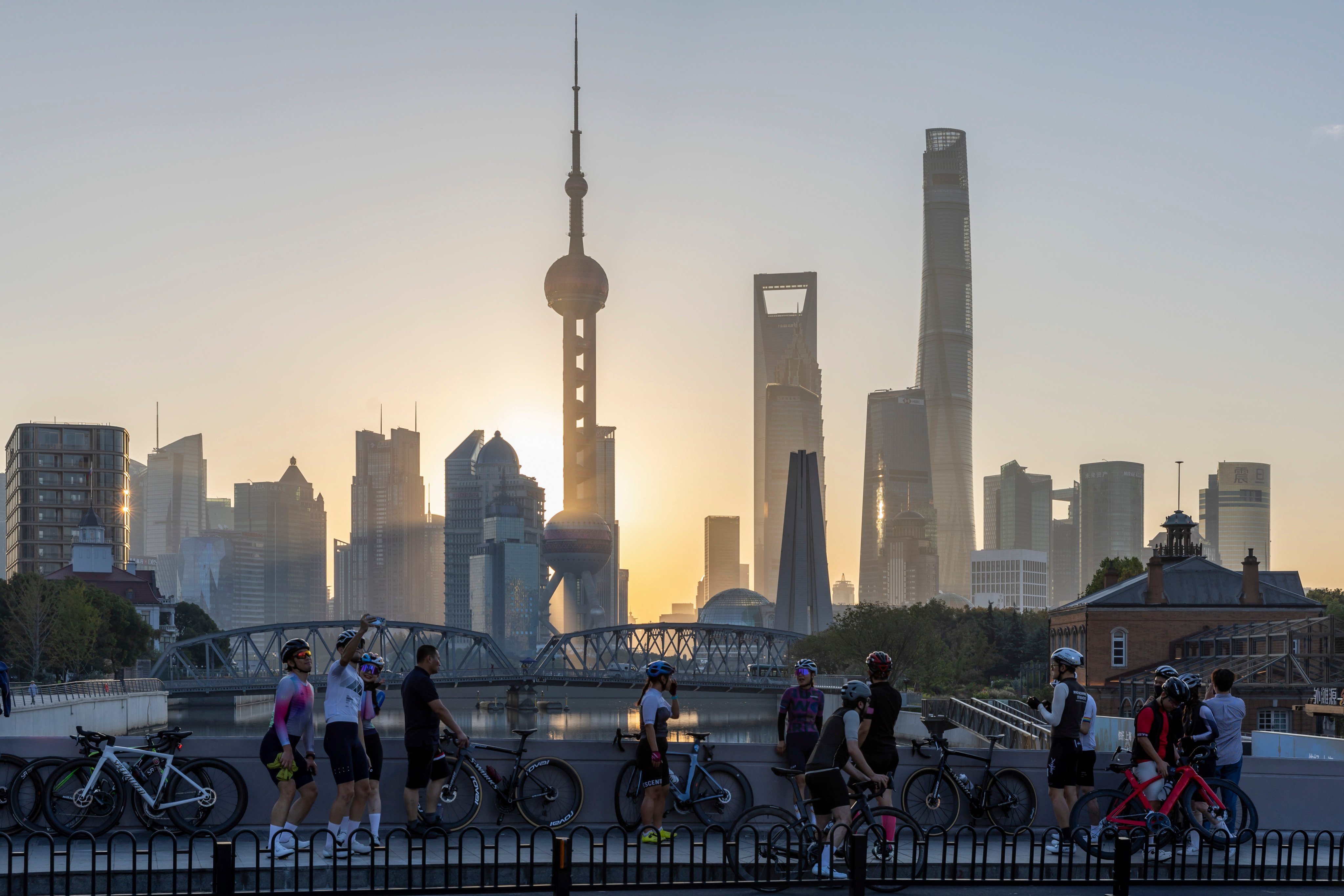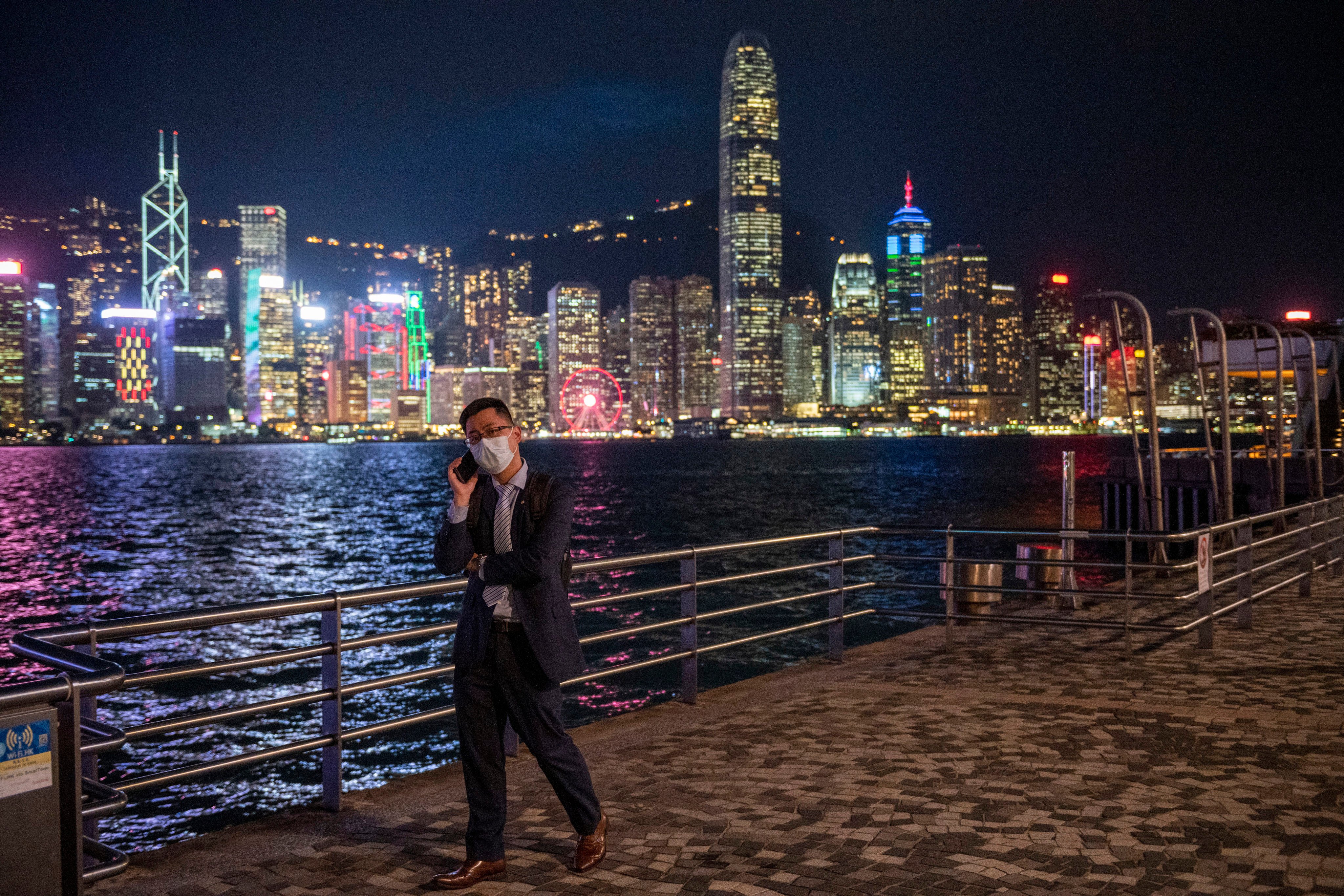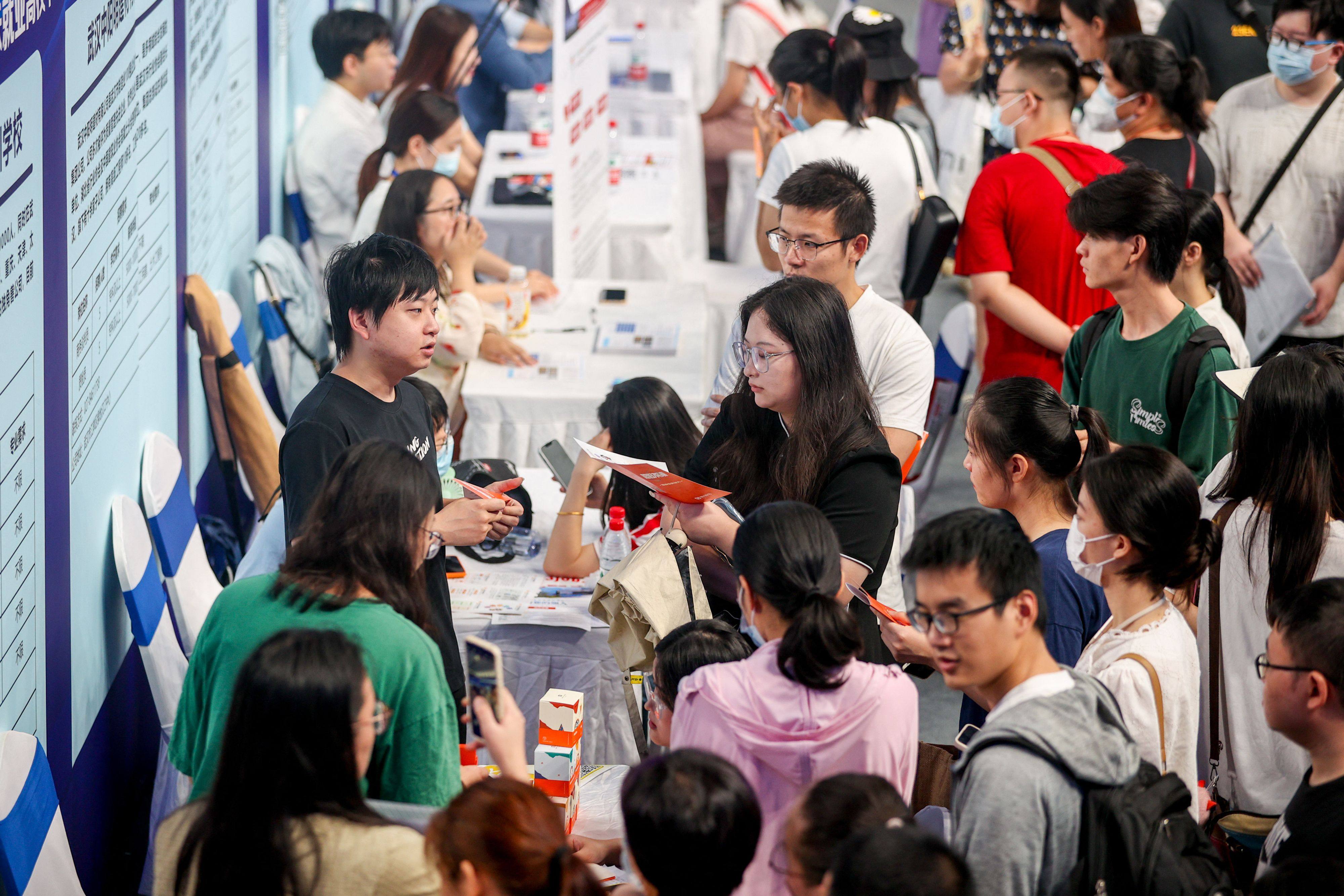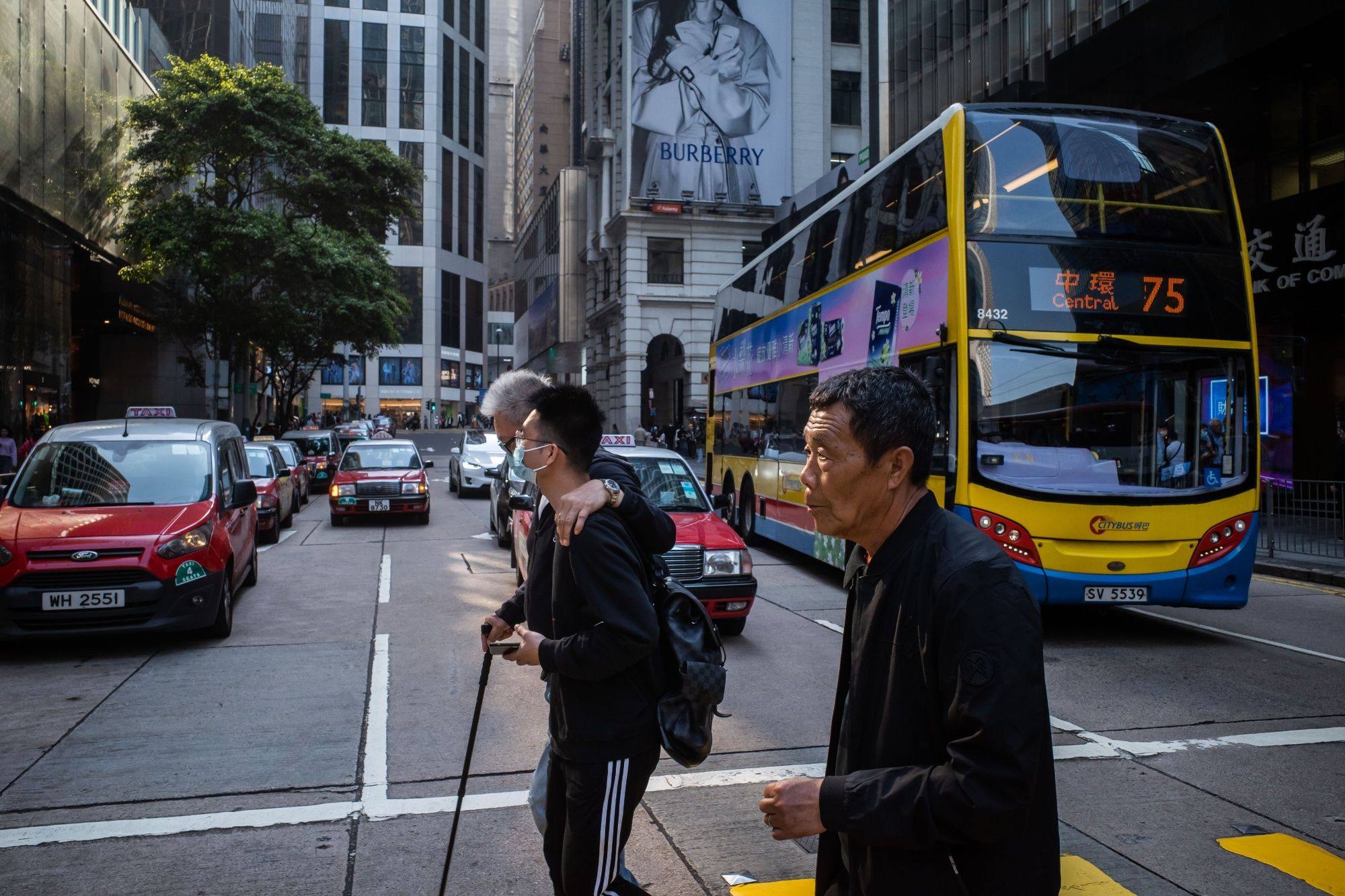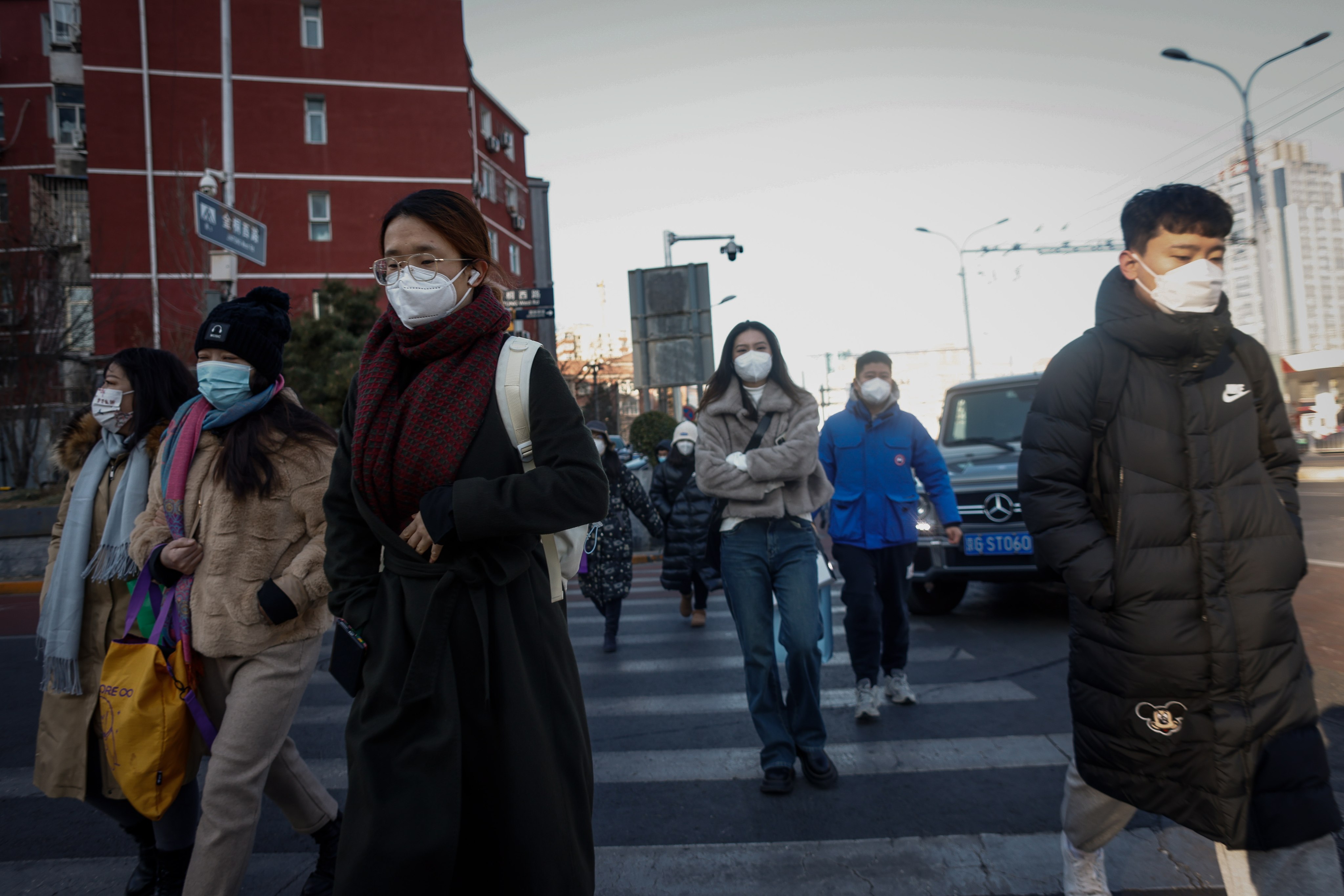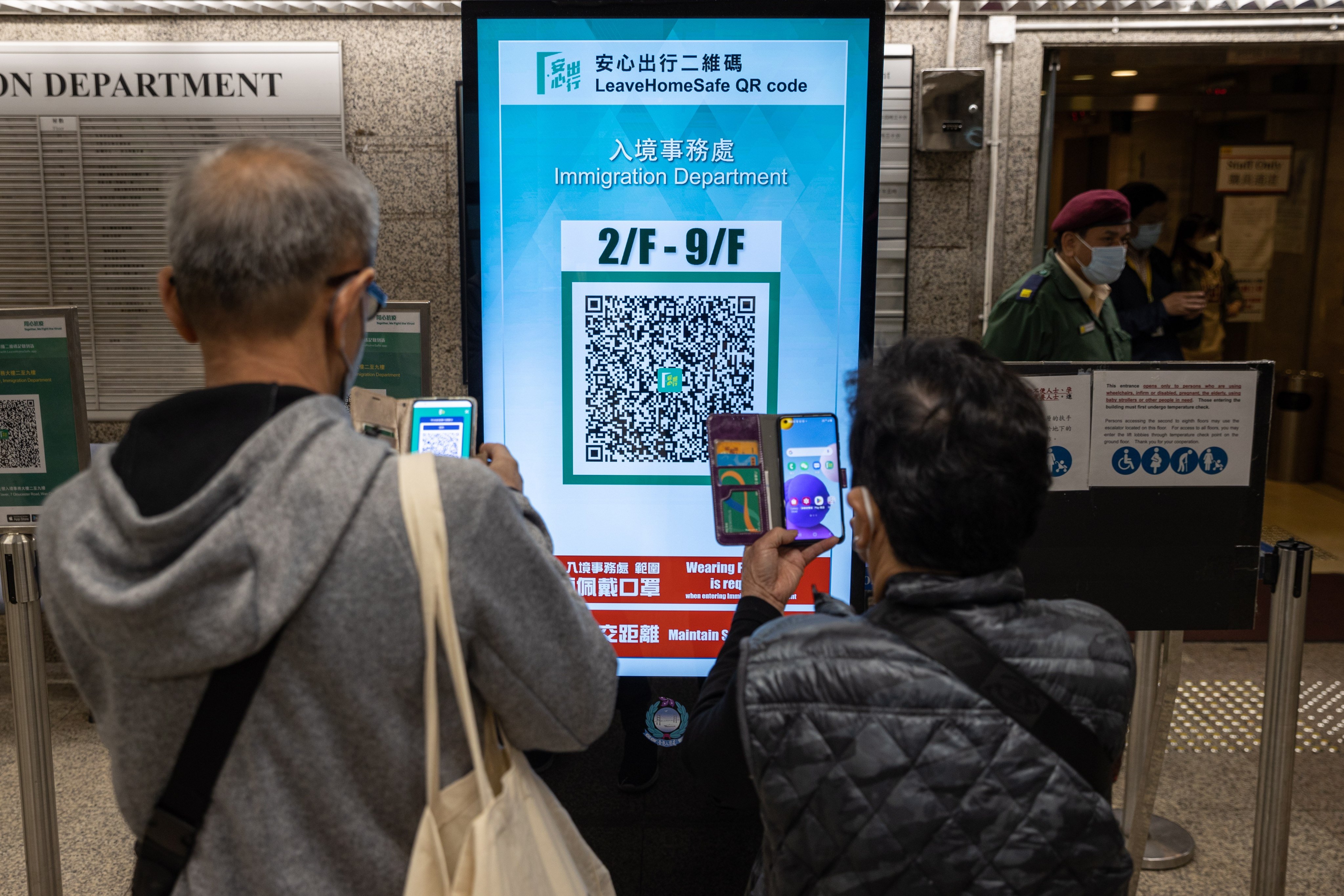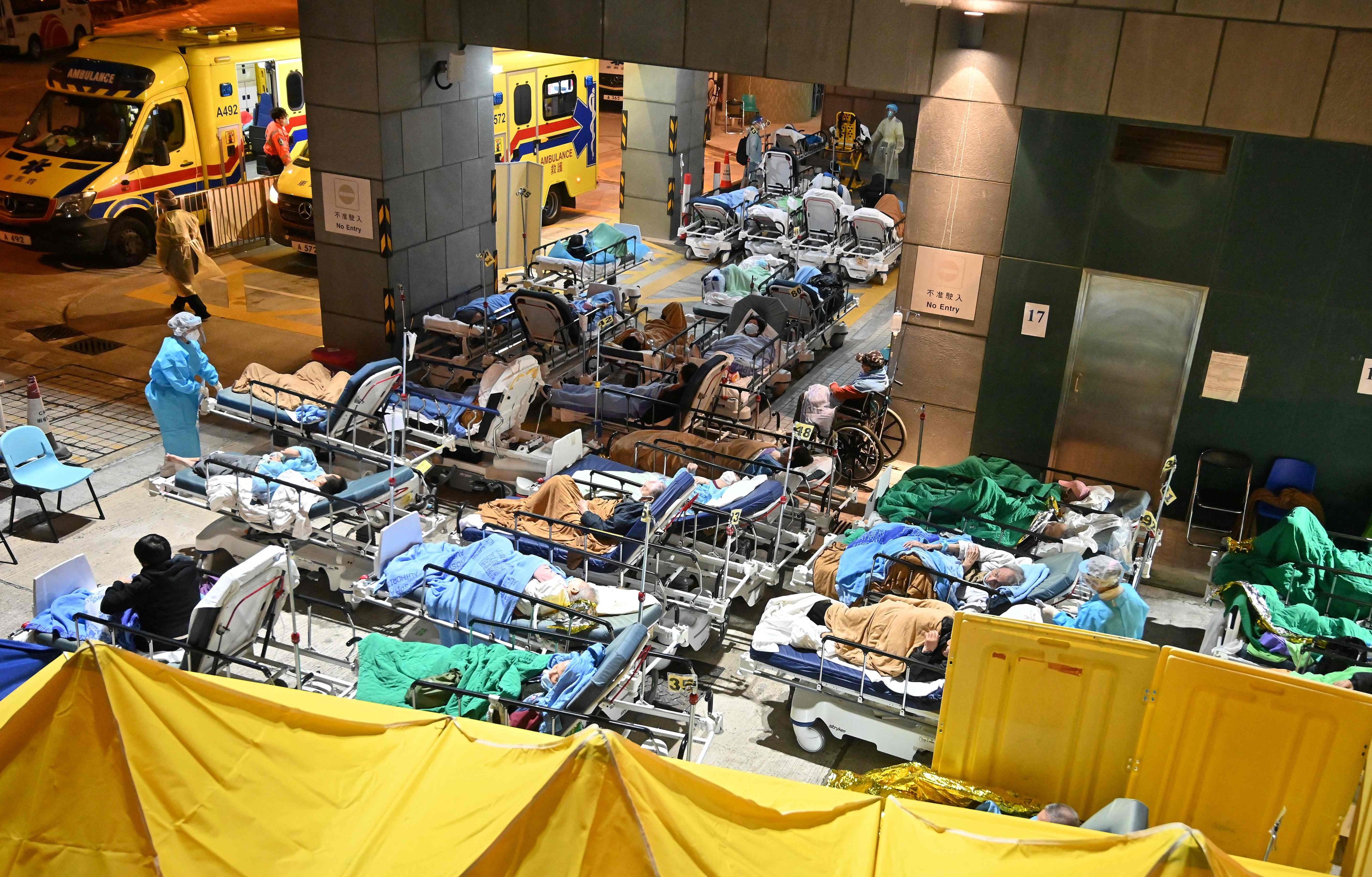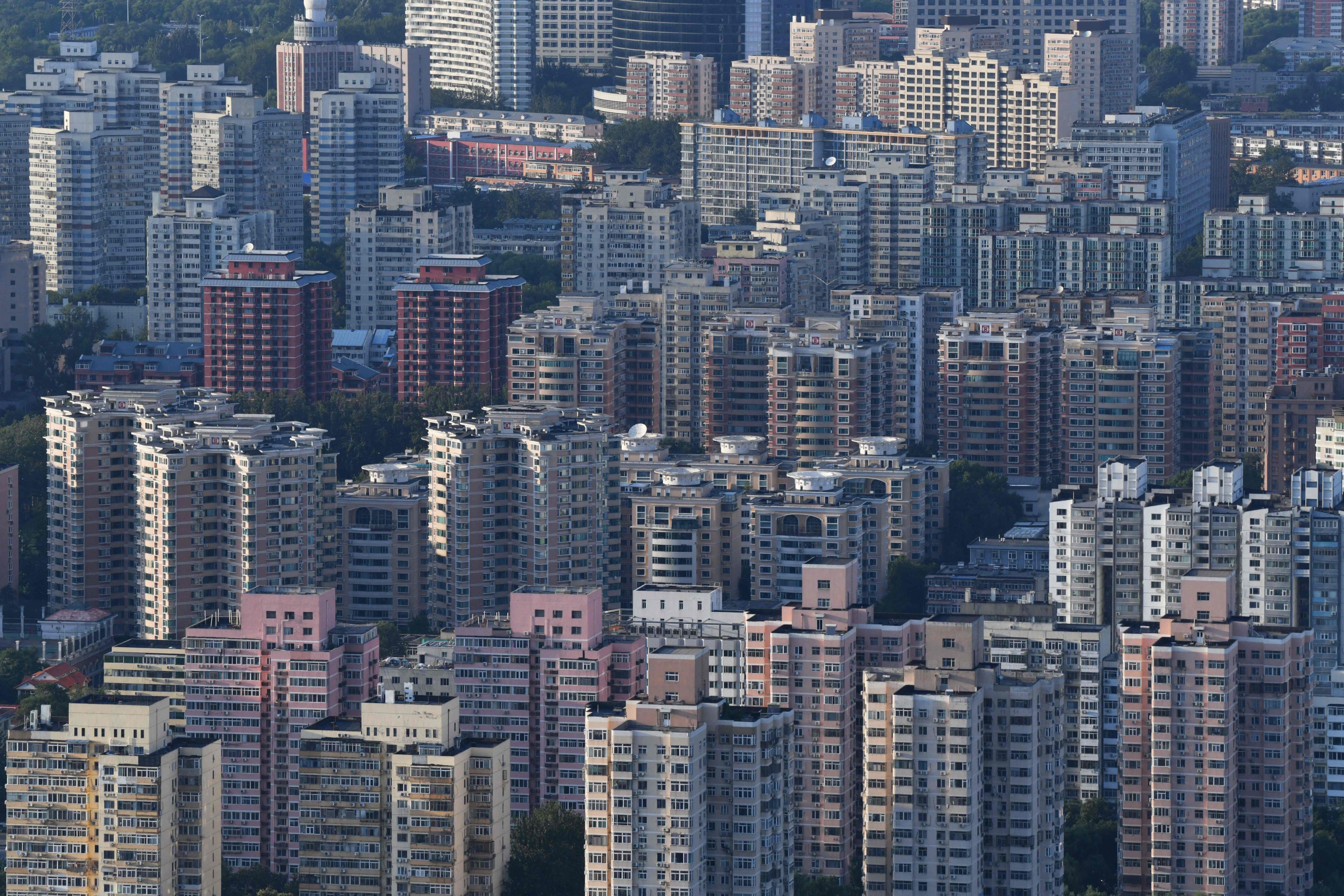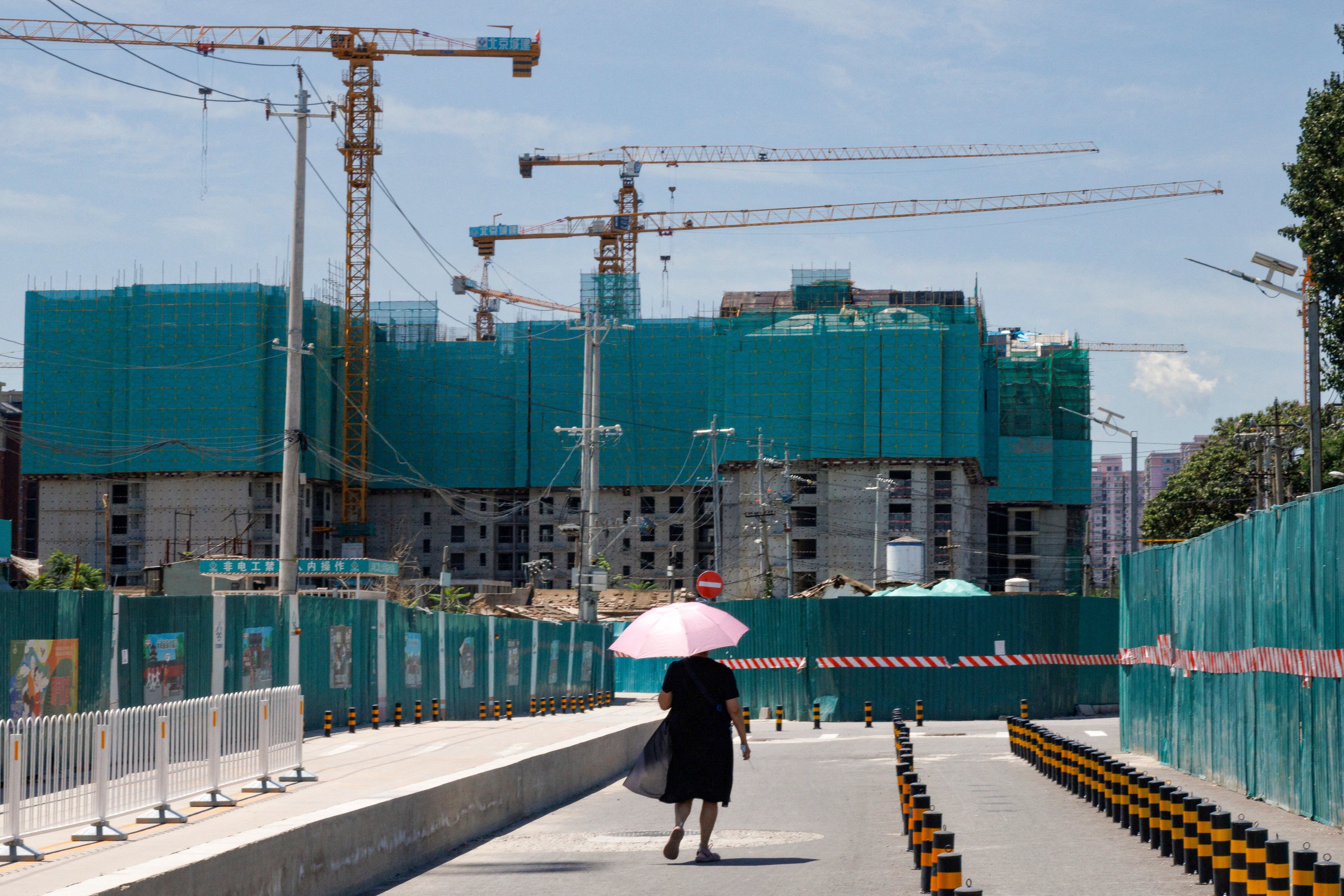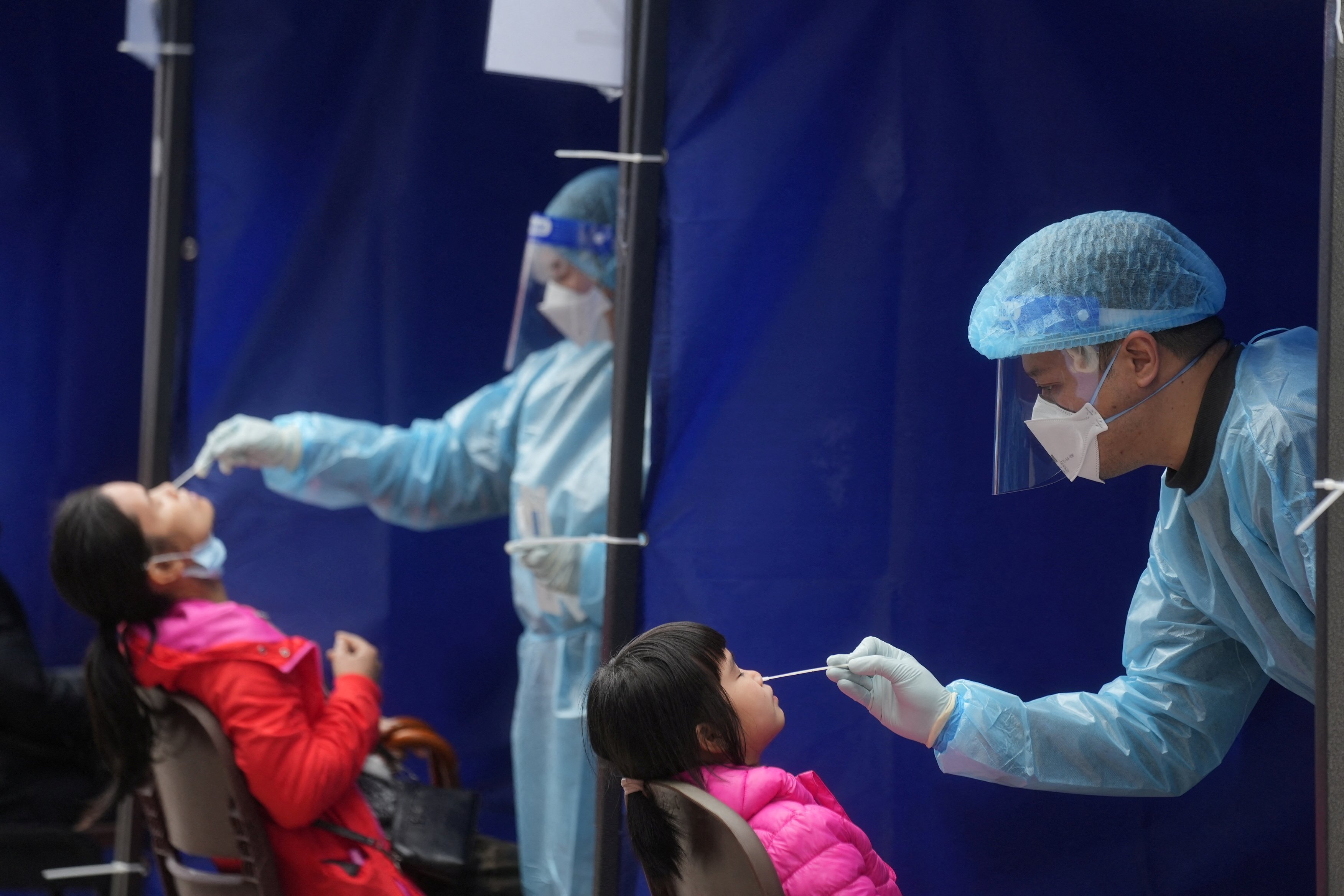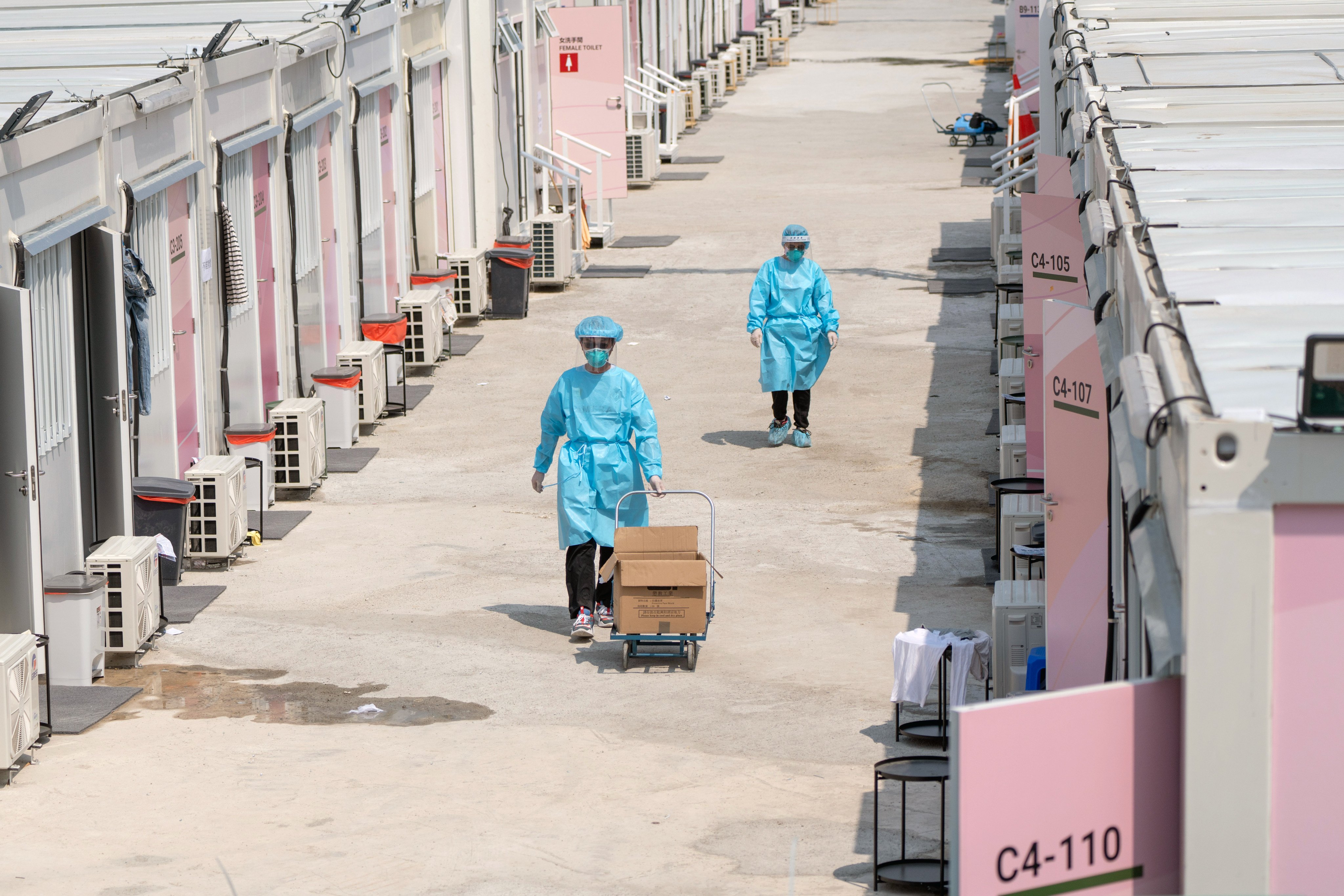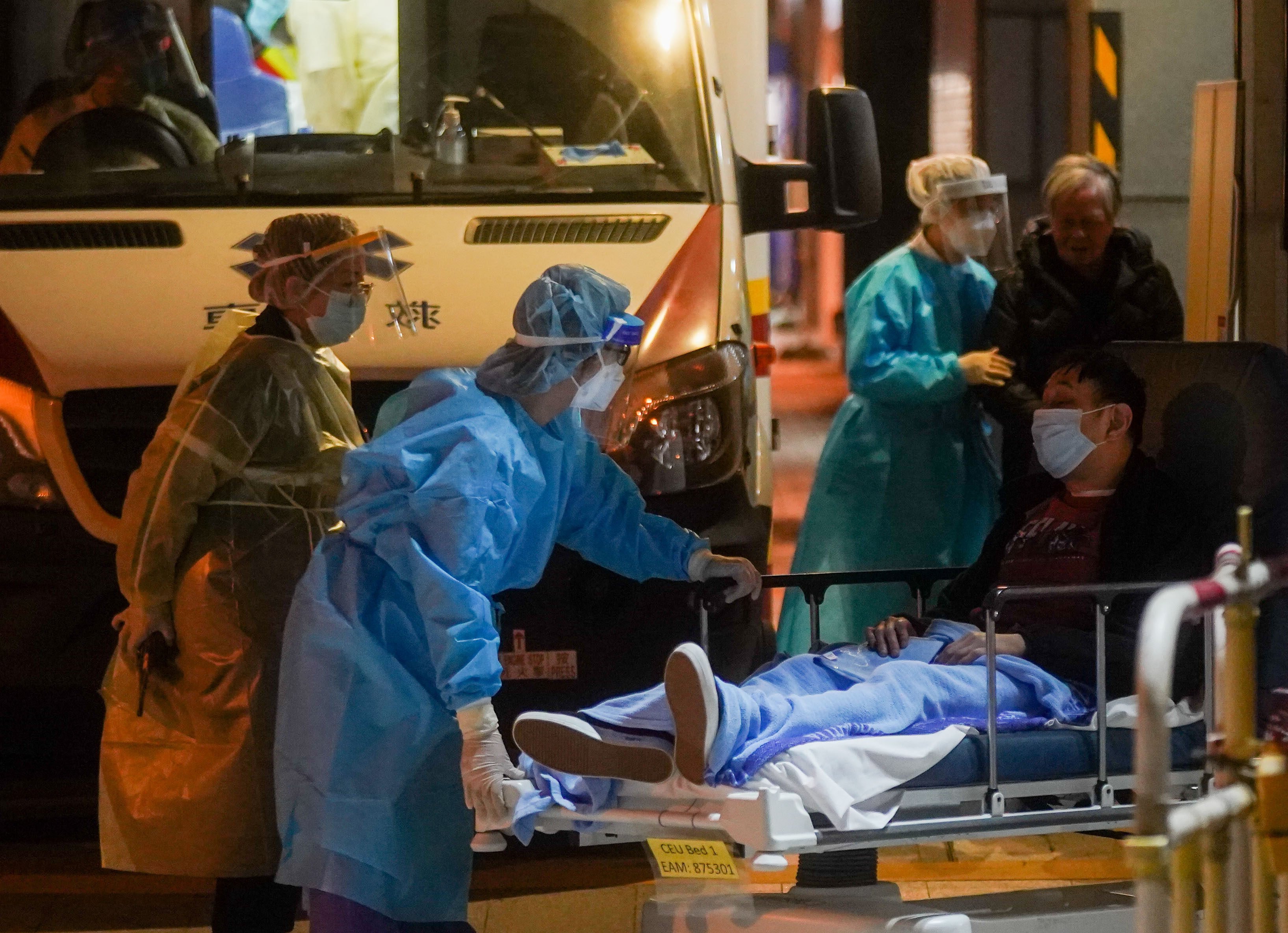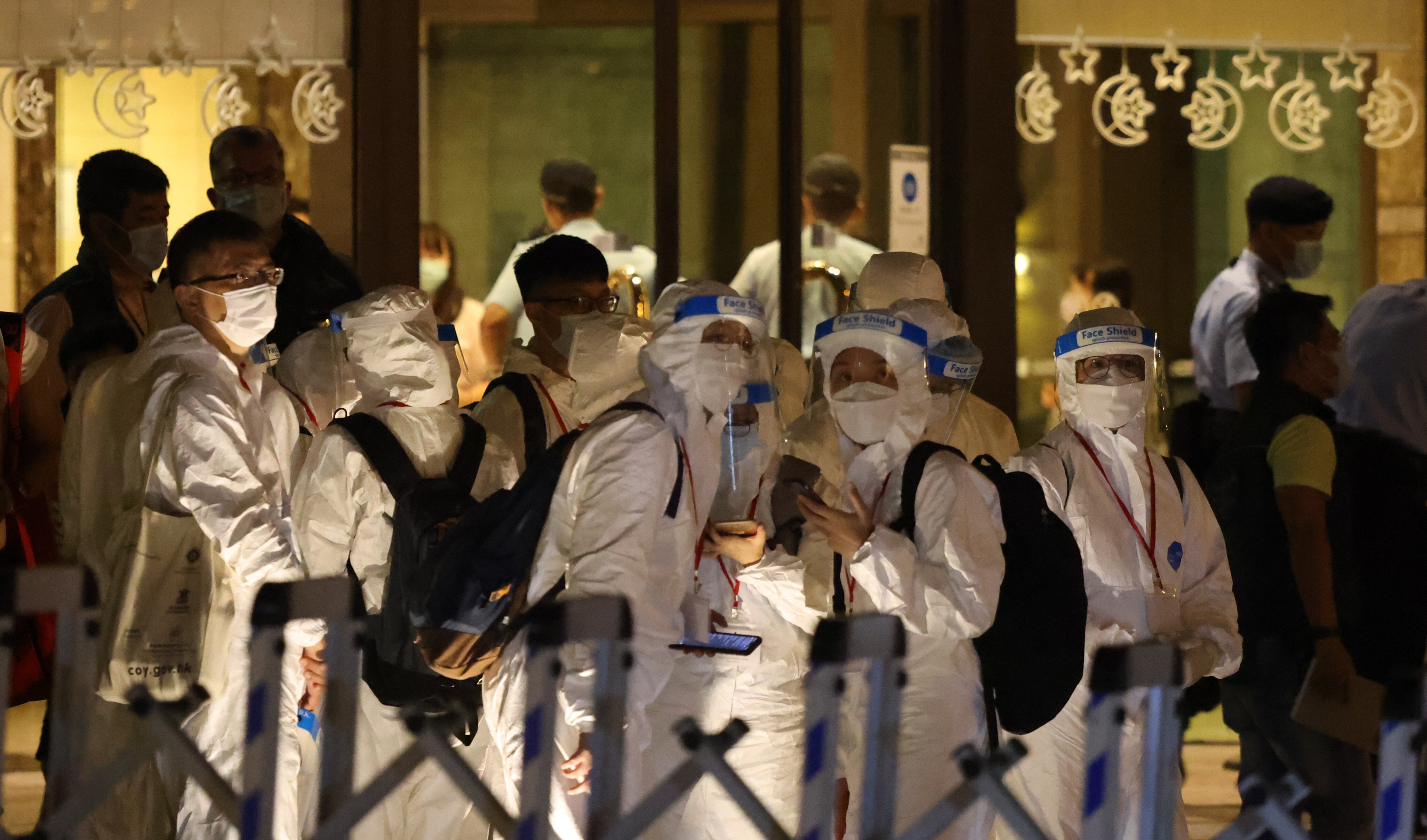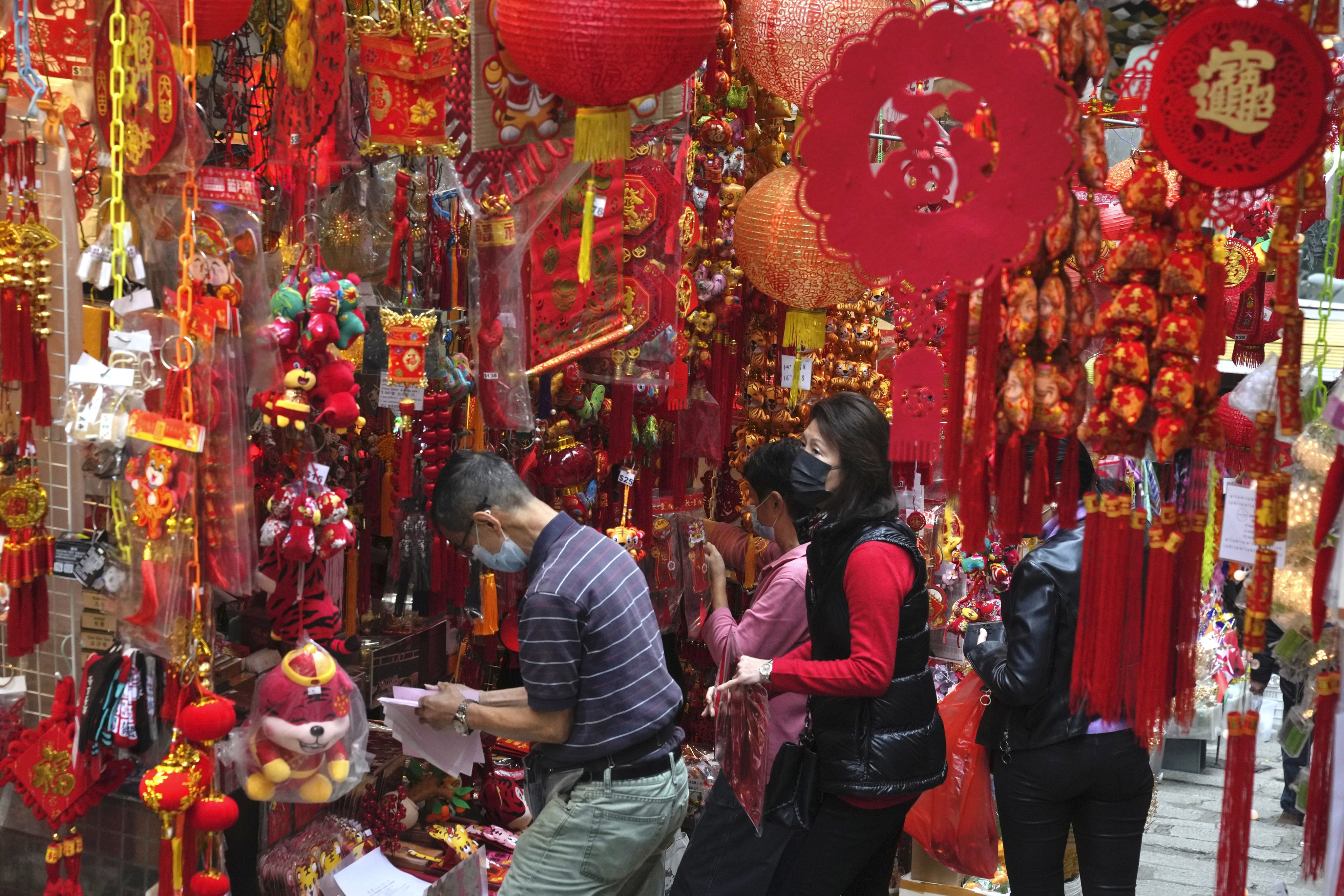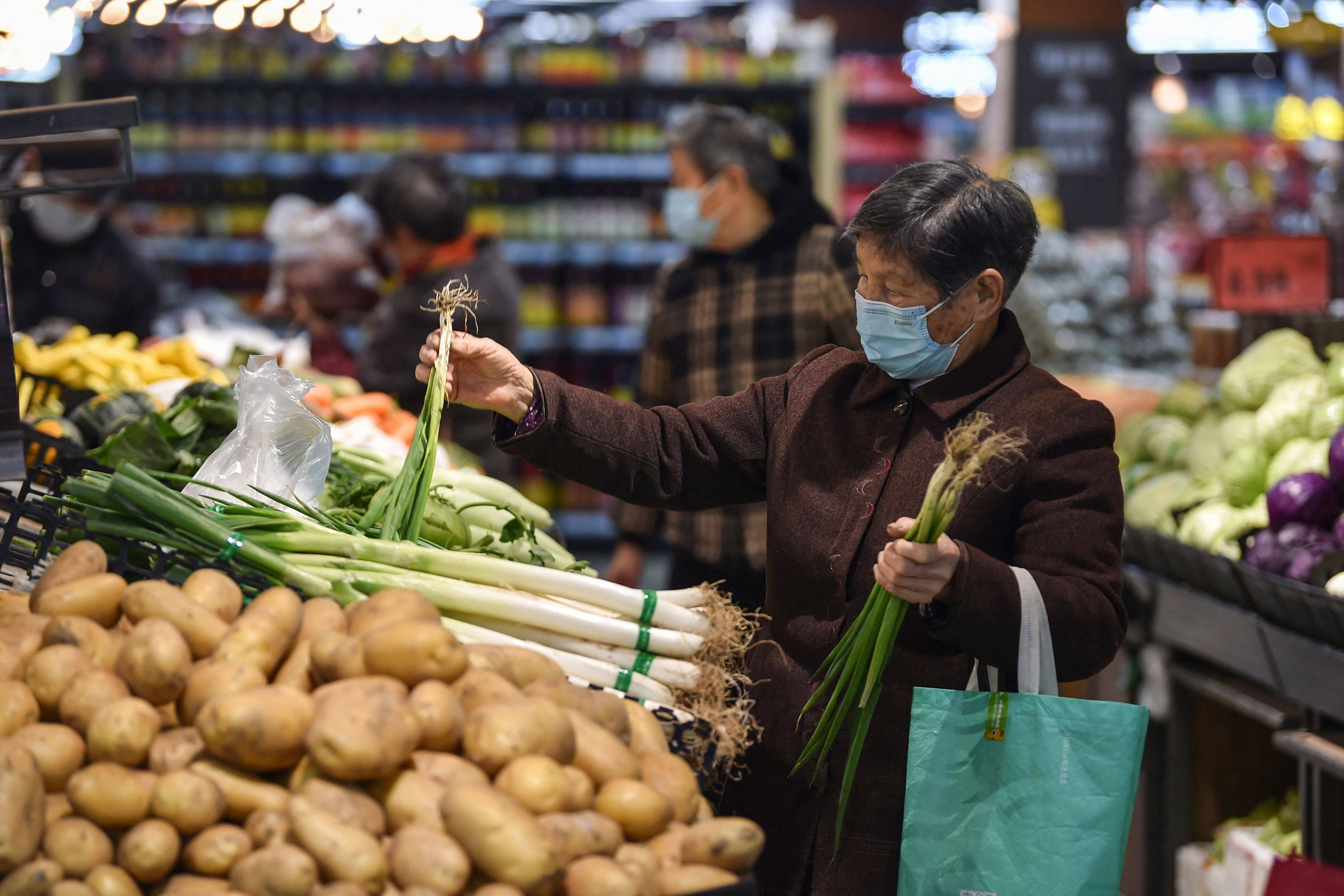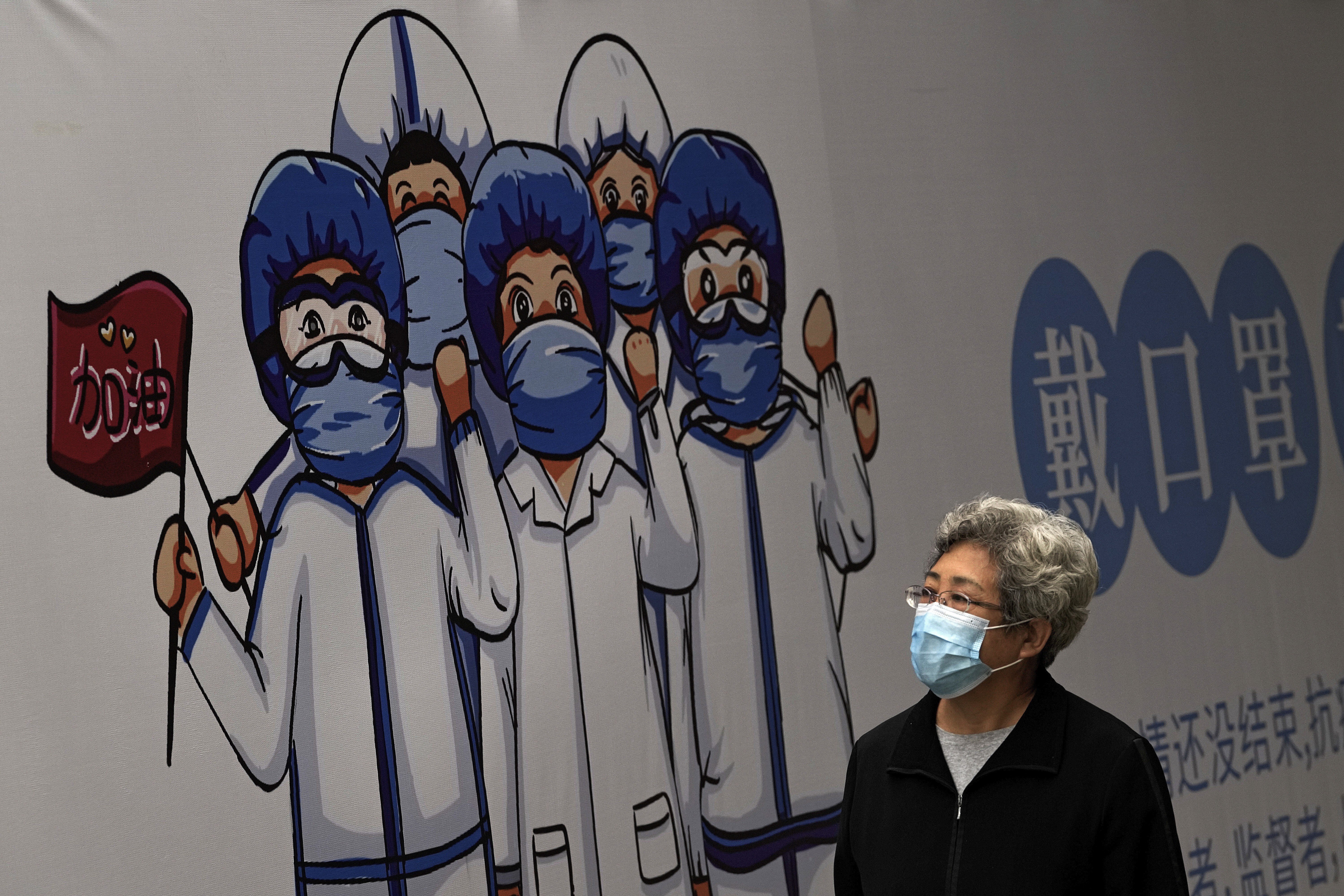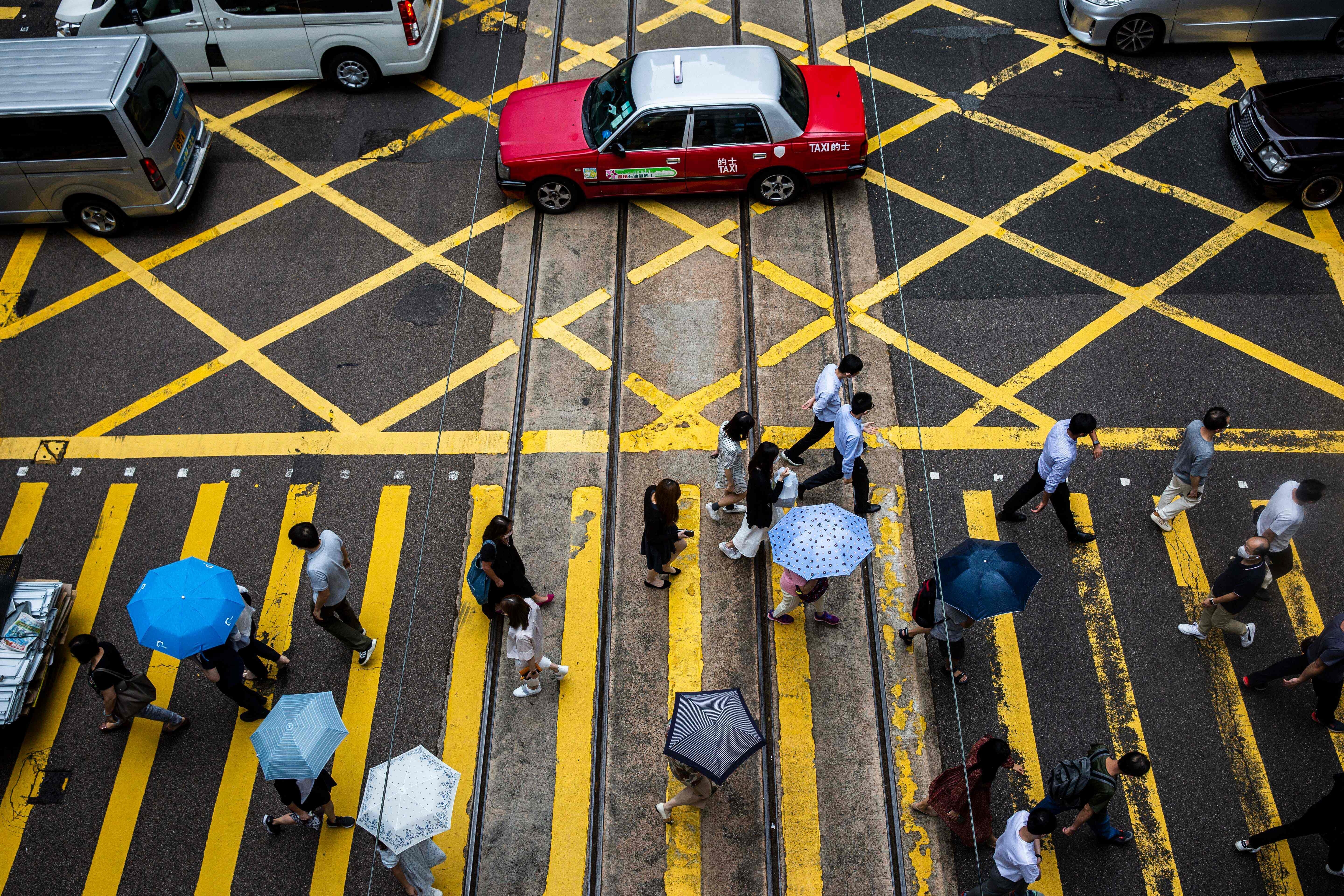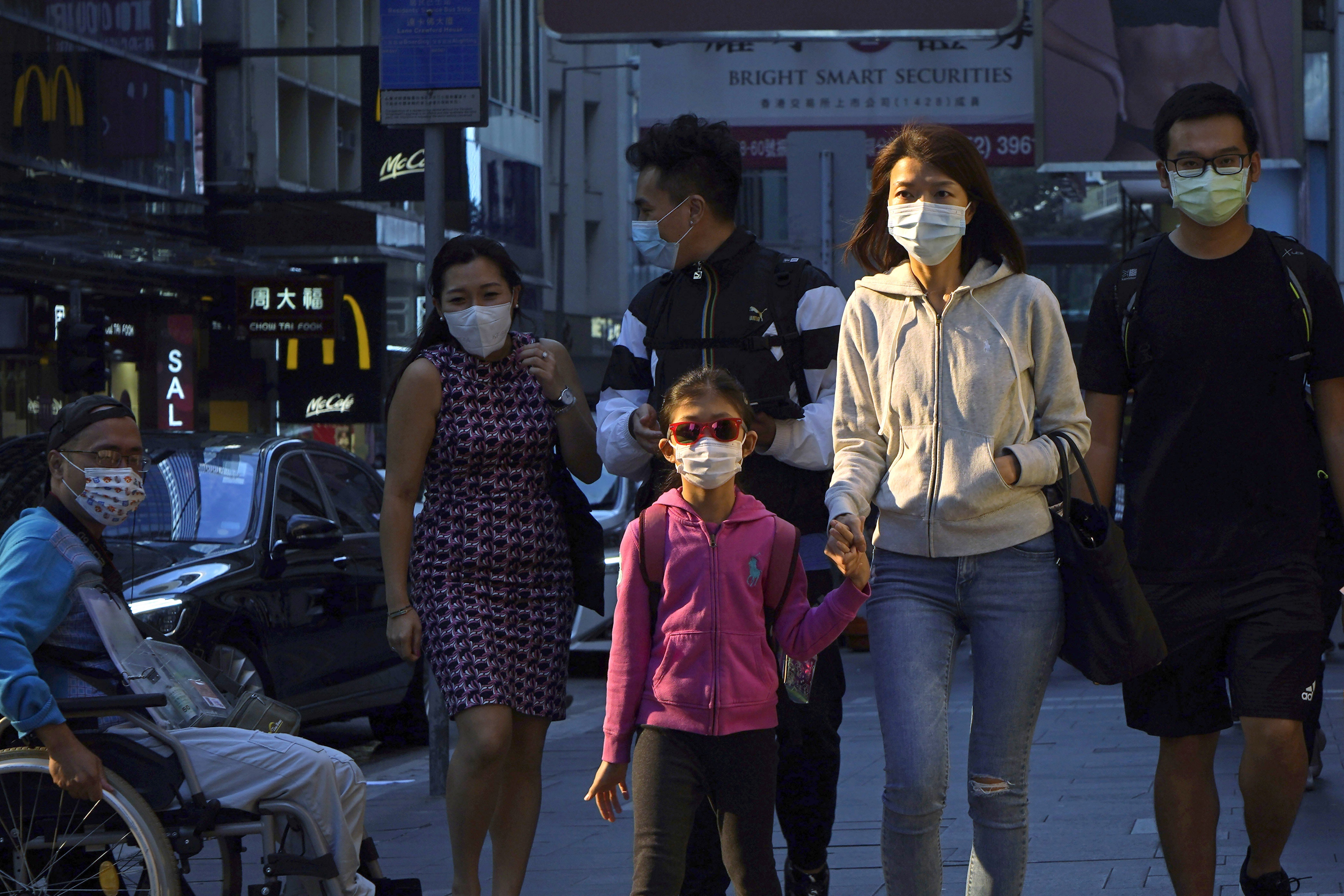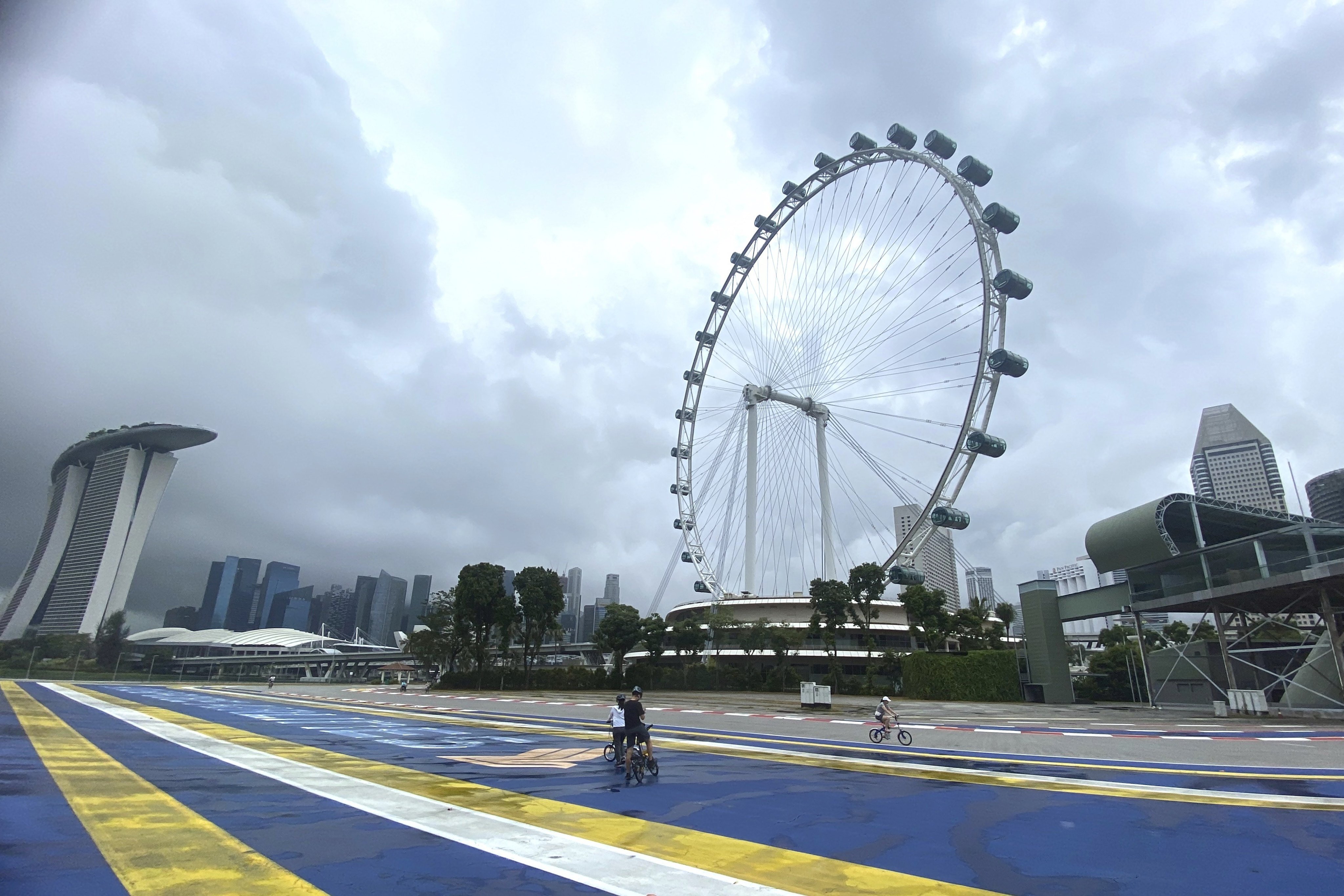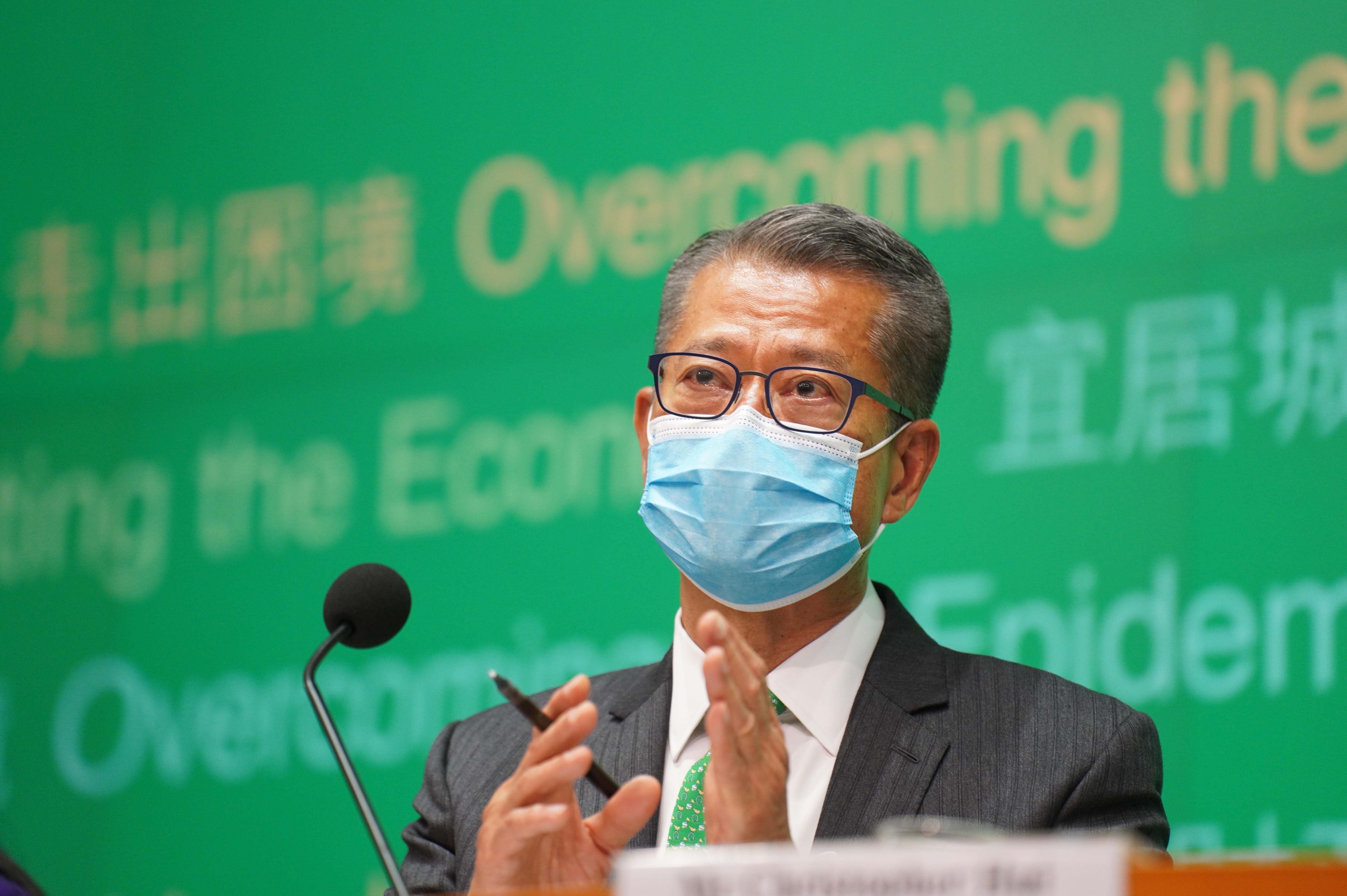Advertisement
Advertisement

Donald Low
The city should prioritise authenticity over quick fixes, enhancing walkability, improving green spaces – and learning from regional rivals.
Despite early success, Thailand’s growth has stagnated – as flashy developments siphon resources away from innovation and productivity.
Early land reform reduced income and wealth inequality, allowing South Korea to later focus on manufacturing and innovation to boost growth.
Instead of squandering billions buying unsold properties, Beijing should learn from the US response to the global financial crisis.
Advertisement
Consumption has been driving growth, but it remains low owing to low disposable incomes and high savings rate among Chinese households.
Policymakers can ill afford to dither or send mixed signals in their efforts to rejuvenate the economy. The immediate danger facing China today is systemic contagion.
If Chinese workers were to make less and buy more, other countries could grow faster and so buy more solar panels, electric vehicles, and other advanced manufactured goods from China.
Debt financing is more efficient and equitable, with cutting spending and raising taxes unpalatable given the city’s current sluggish growth.
Hong Kong’s superconnector status has not enabled its economy to outperform other rival Asian hubs such as Singapore.
Keeping an open mind about the goods and services tax would serve Hong Kong better than assuming its people are ‘exceptionally implacable’.
Without such diversity, Chinese policymakers could be blindsided by the biases of optimism, overconfidence, and omission.
Failure to anticipate and prepare for weaker growth would mean the city sleepwalks into stagnation, or worse, lurches from one crisis to another, writes Donald Low – not unlike during the pandemic.
The government’s moralising and patronising reaction to youth unemployment could be disastrous for China’s young people.
While Singapore has released a white paper reviewing its response to the Covid-19 pandemic, Hong Kong authorities have been reluctant to follow suit.
It remains to be seen whether and how quickly the scarring done to parts of China’s economy can be reversed by its eventual reopening.
Donald Low argues that despite Hong Kong having no choice but to adhere to the mainland’s zero-Covid stance, it was always incumbent on the government to have a Plan B.
Hong Kong’s economy has suffered as a result of clinging to Covid-19 restrictions far longer than necessary, in contrast to regional rival Singapore.
Crisis has raised concerns about the health of banks, local governments’ fiscal viability, and impact of falling property prices on consumption and economic growth.
China’s financial system is showing signs of stress and fragility, which highlights the dangers of hubris.
A lack of mobilisation capacity was the reason given for Hong Kong’s abandonment of mass Covid-19 testing. Less has been said about the erosion of civil society and its effects on crisis response.
Authorities could have used last year to develop a road map for living with Covid-19 and prepare for an inevitable outbreak. They didn’t, leaving Hong Kong stuck inside its zero-Covid shell, despite the current outbreak’s heavy toll.
Donald Low highlights three scenarios of how the pandemic in Hong Kong ends: doubling down on dynamic zero-Covid; living with Covid by stealth; and serving as a pathfinder for the rest of China to reopen to the world.
Not only is the policy costly and impractical, it makes little economic sense if the mainland border shows no signs of reopening. Asking the city’s vaccinated majority to make more sacrifices for those who refused to get jabbed is also flawed, says Donald Low.
Sticking with zero-Covid risks surrendering Hong Kong’s position as Asia’s pre-eminent financial and business hub. But the current outbreak offers it an opportunity to find a more sensible and sustainable approach, writes Donald Low.
China’s crackdown on tech and a range of other sectors shows its economic policies are increasingly driven by ideological rather than market-driven considerations.
The approach challenges long-held assumptions about the Chinese state being a strong, high-capacity one that thinks long term, and about an isolationist China being the result of Western efforts to contain her.
Donald Low outlines a five-step plan for what is needed. Hint: quarantine exemptions for celebrities aren’t a good idea, but shorter stints for vaccinated people are.
From a policy perspective, trying to achieve or maintain zero infections is neither tenable nor sustainable. The goal instead should be to drive up the vaccination rate as much and as quickly as possible, writes Donald Low.
A reluctance to accept Covid-19 will become endemic means the early victors against the disease may be the last to reopen their economies, writes Donald Low.
Hong Kong needs to consider how it can make a more equitable market in a post-pandemic world rather than cling to outmoded ideas of the free market.

